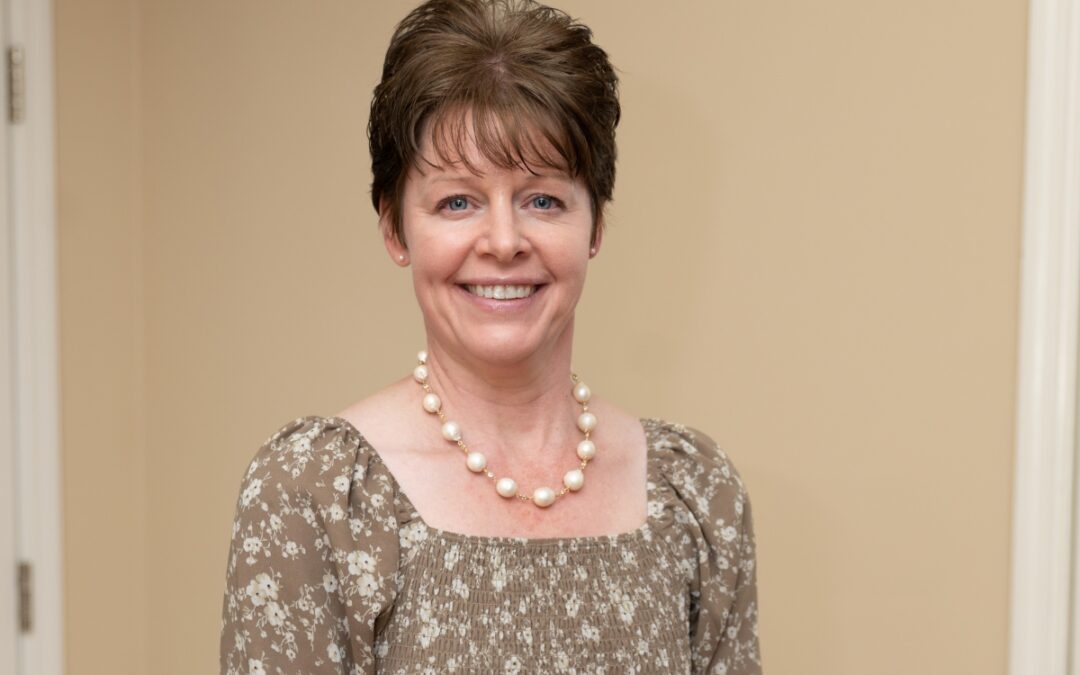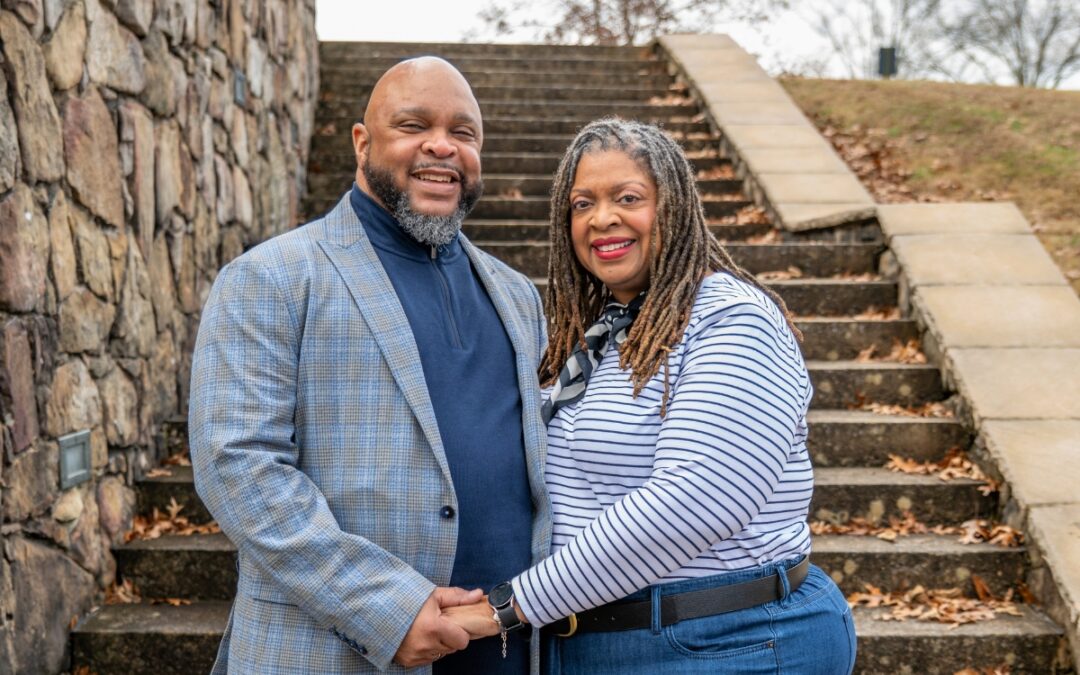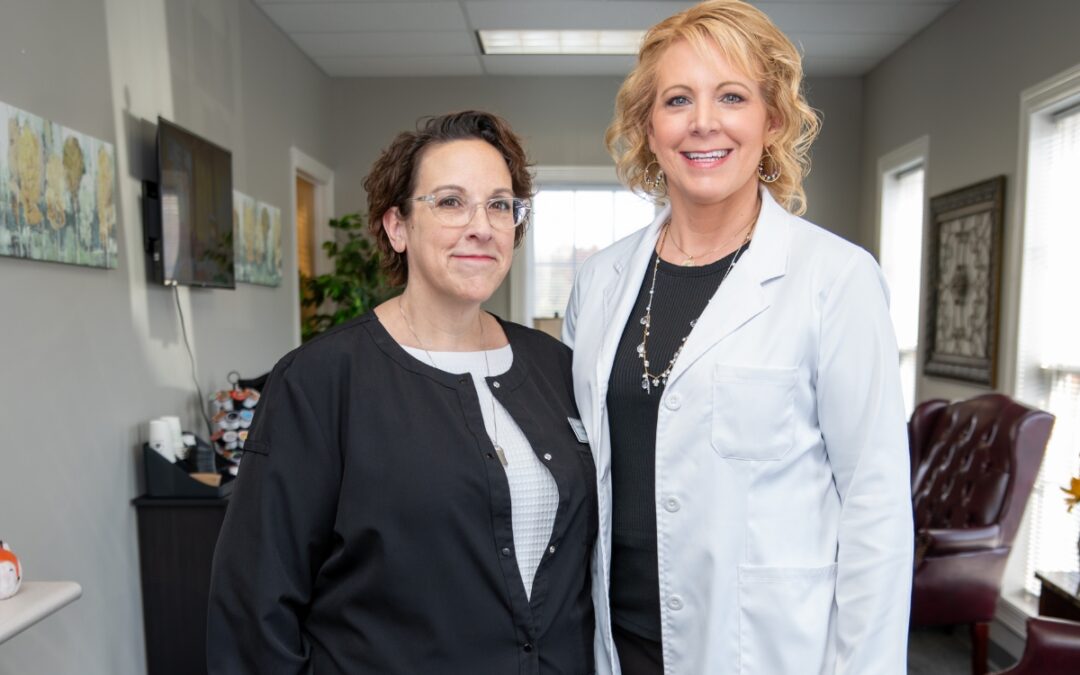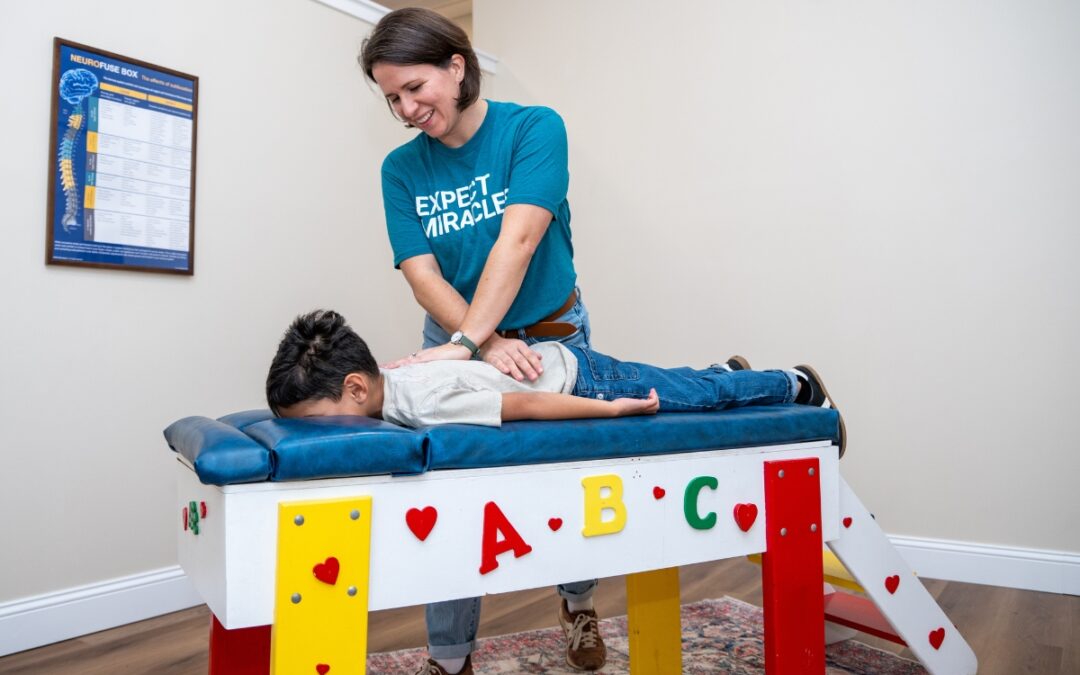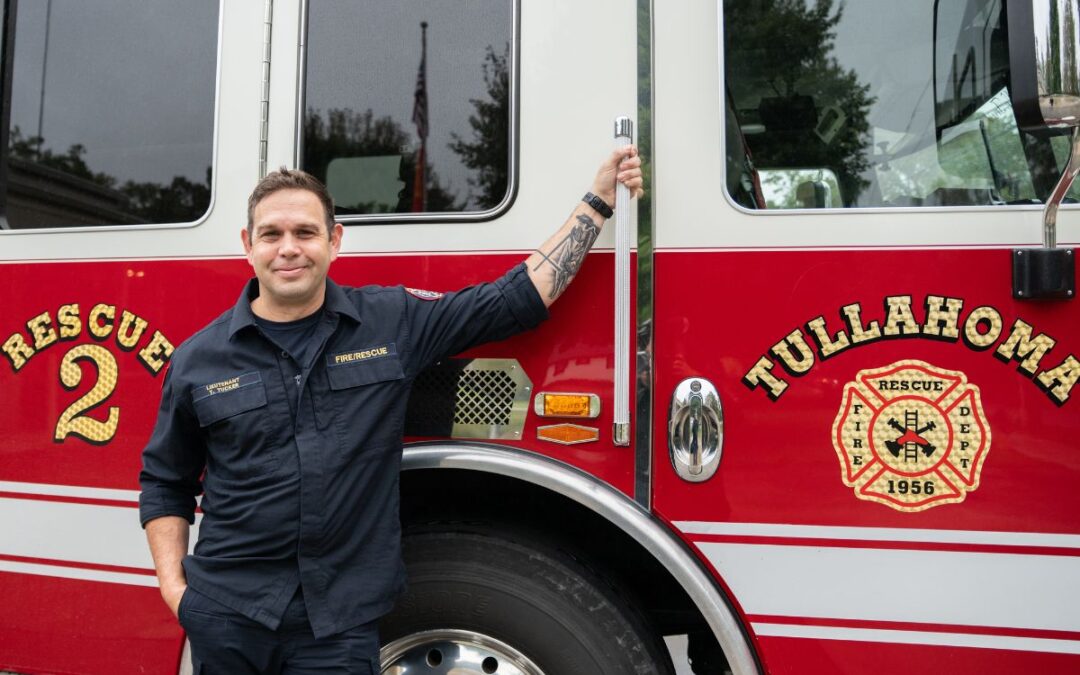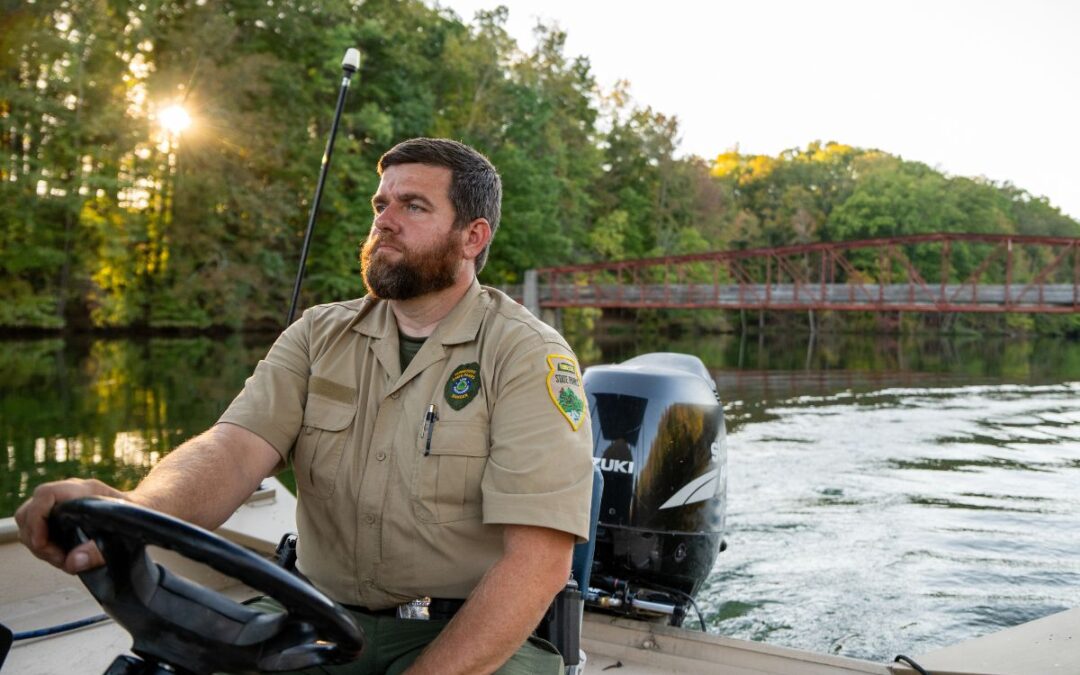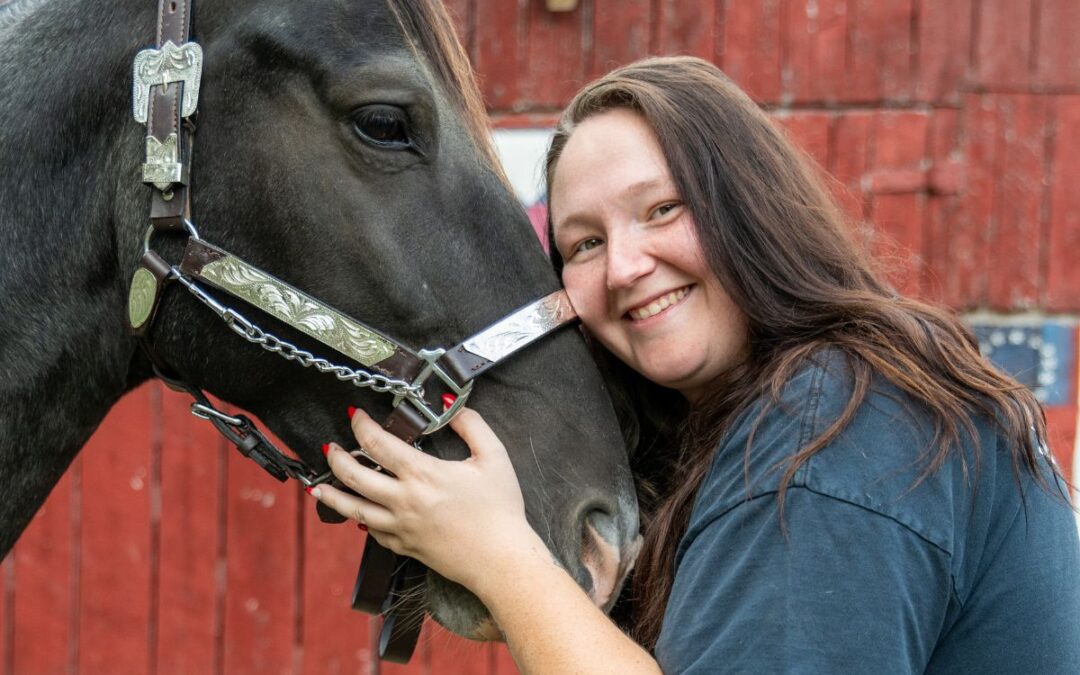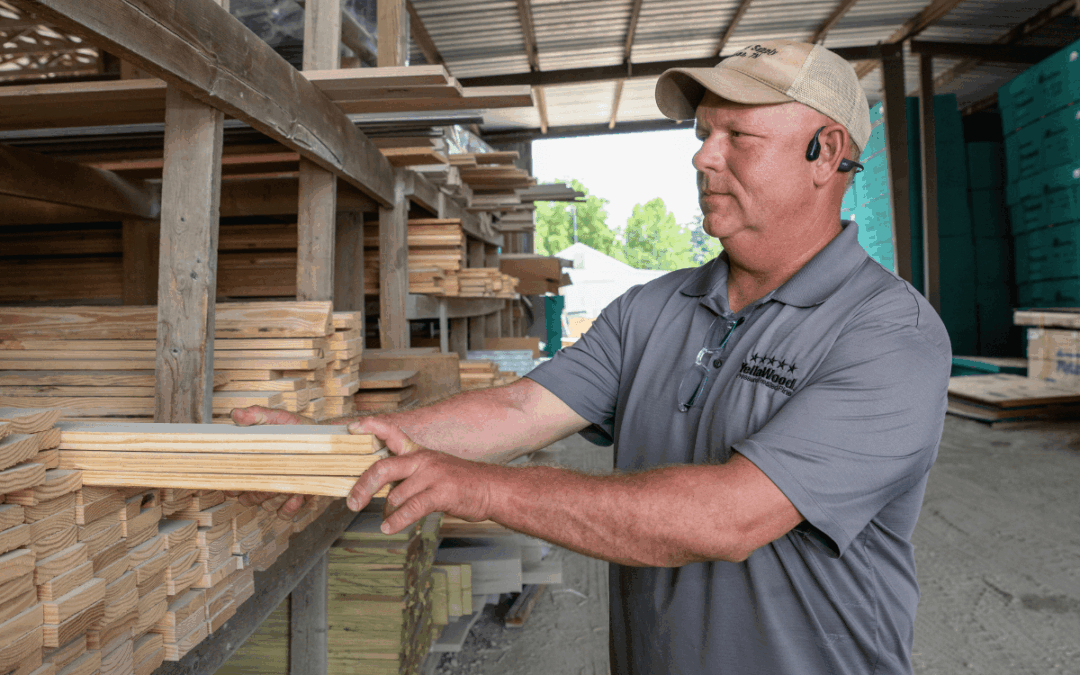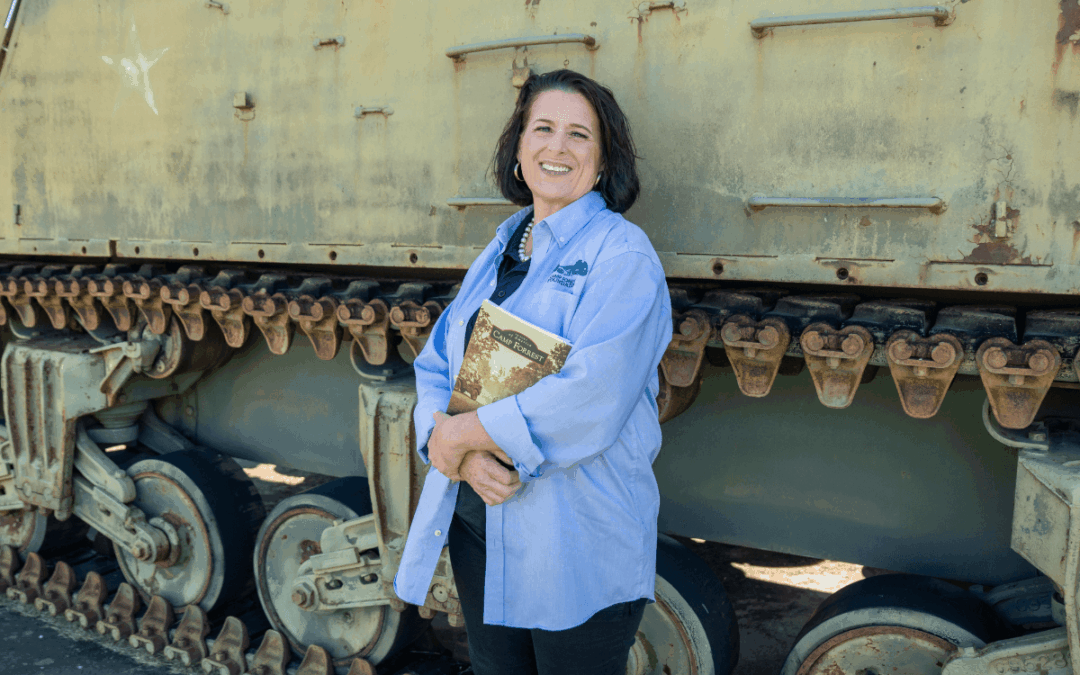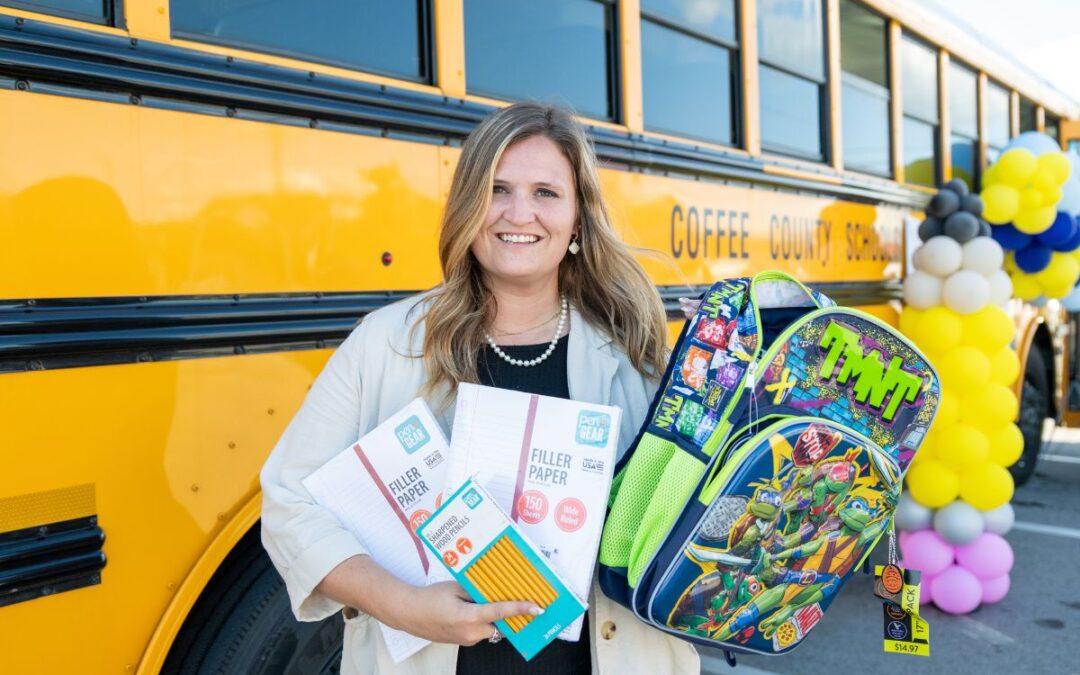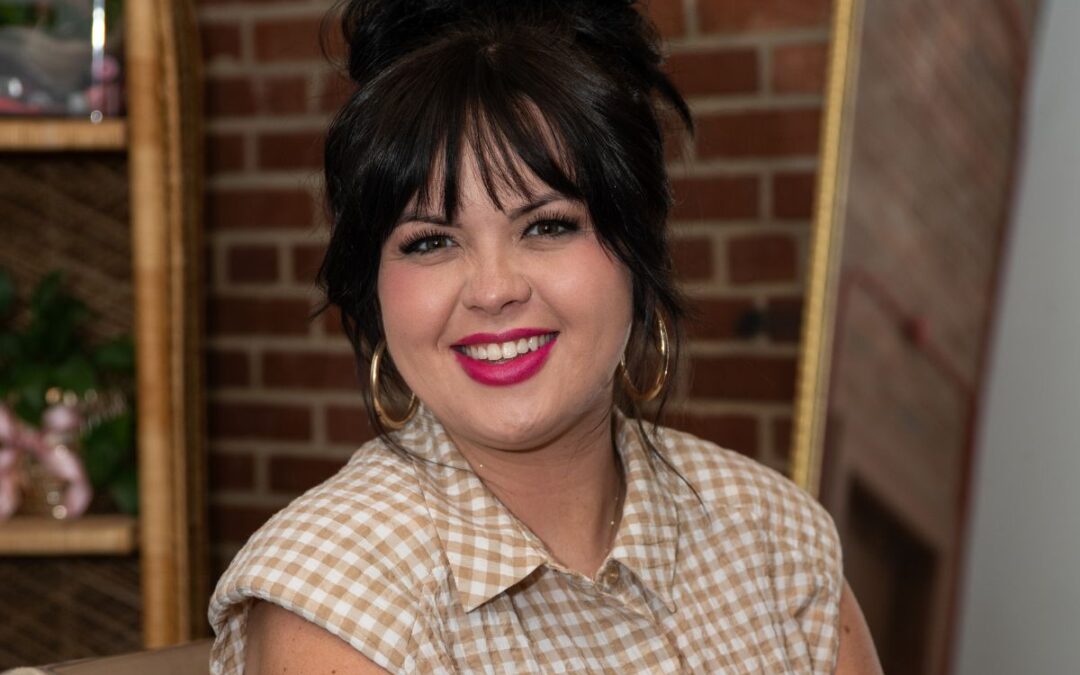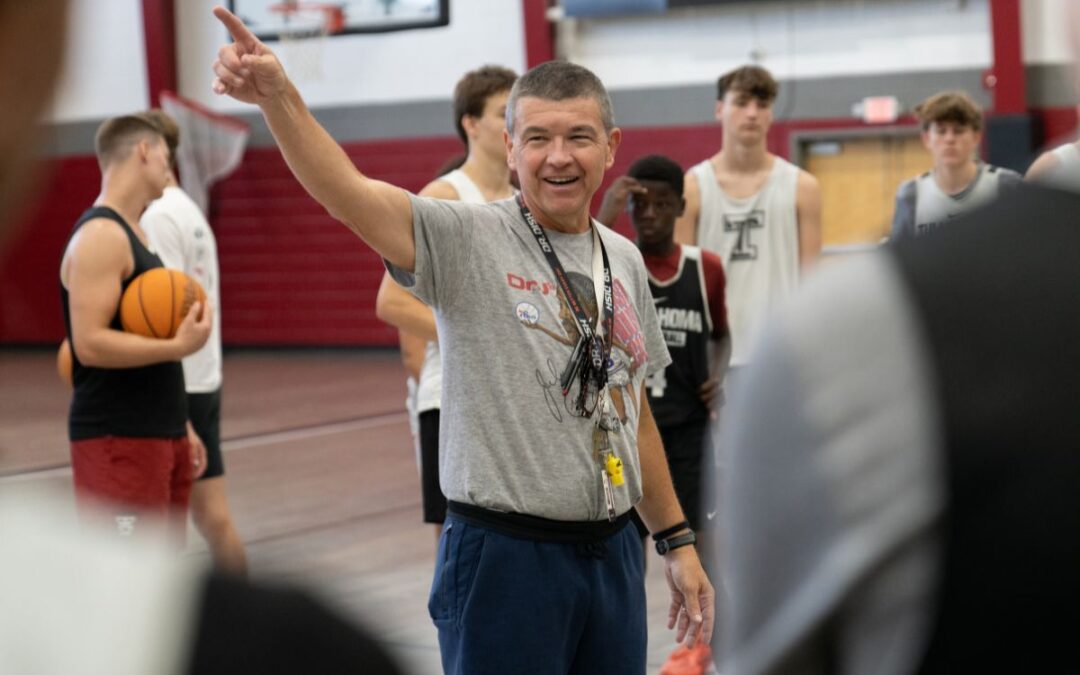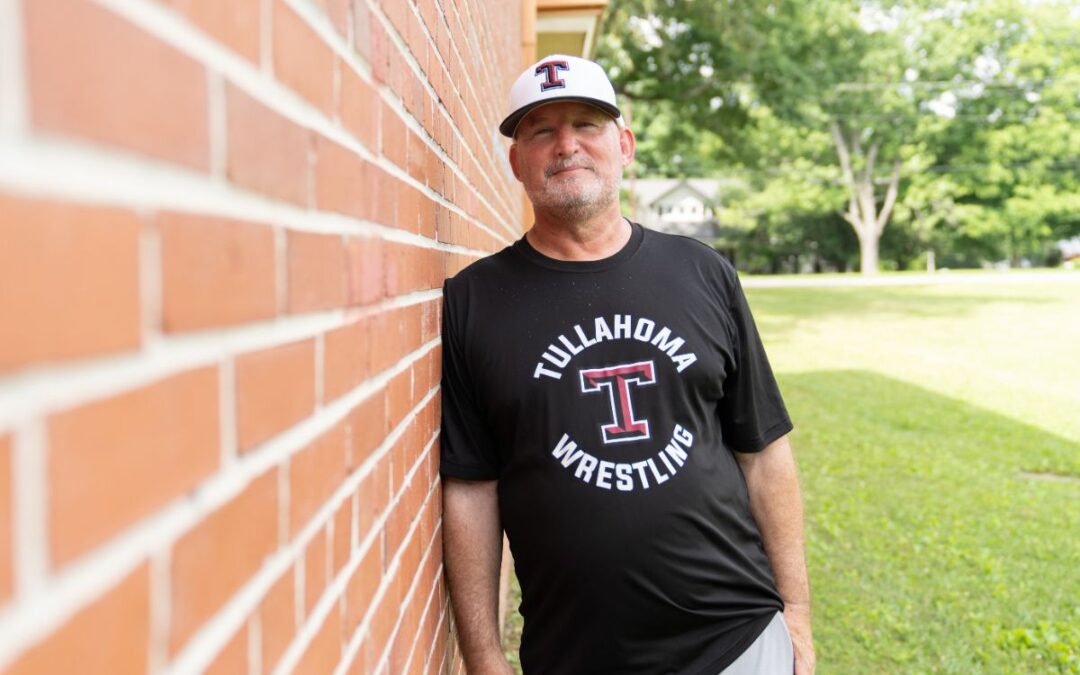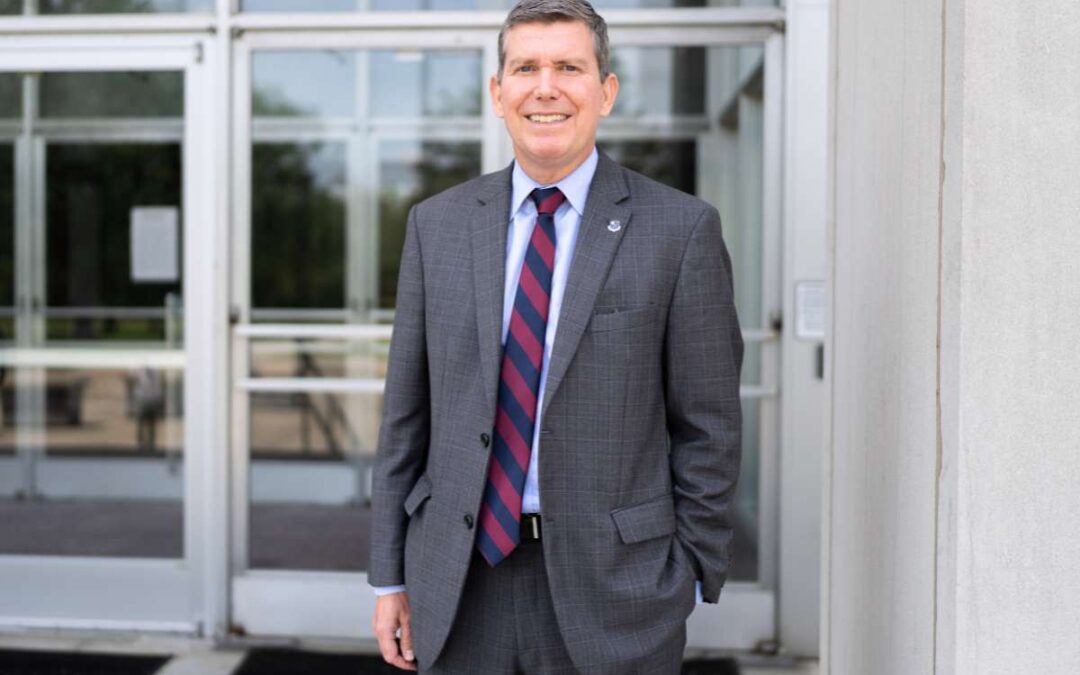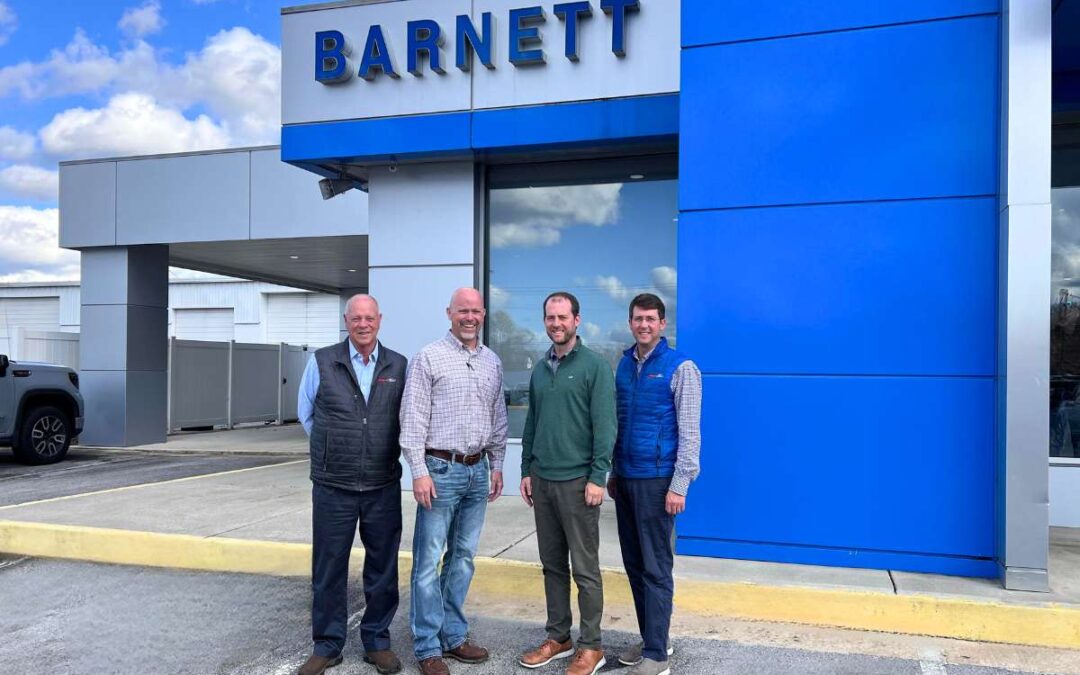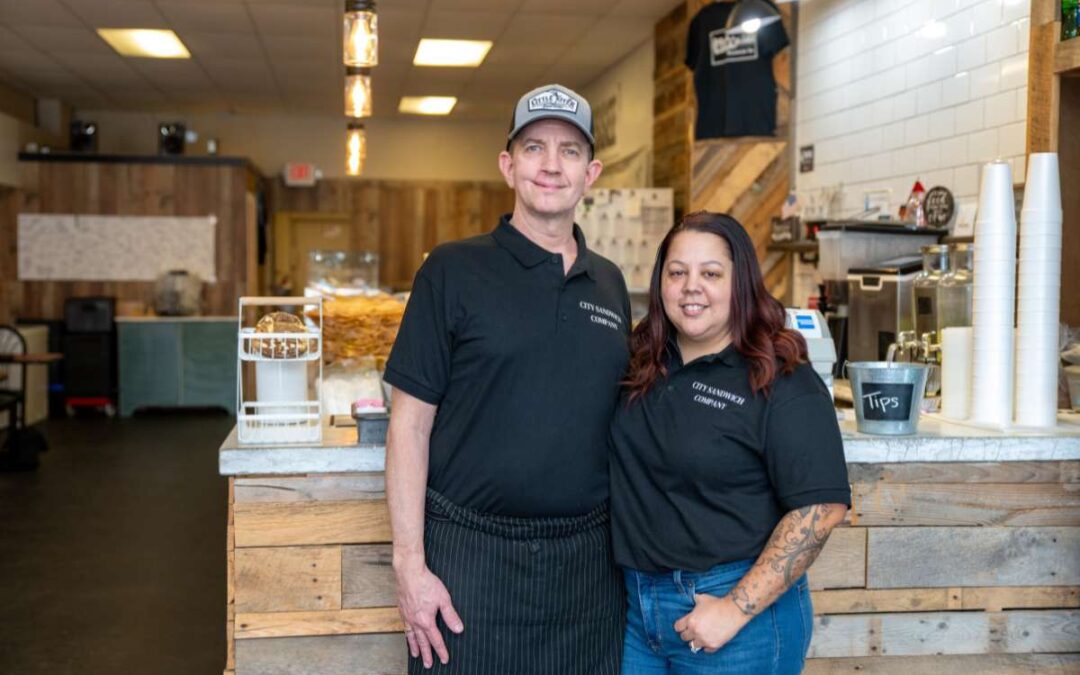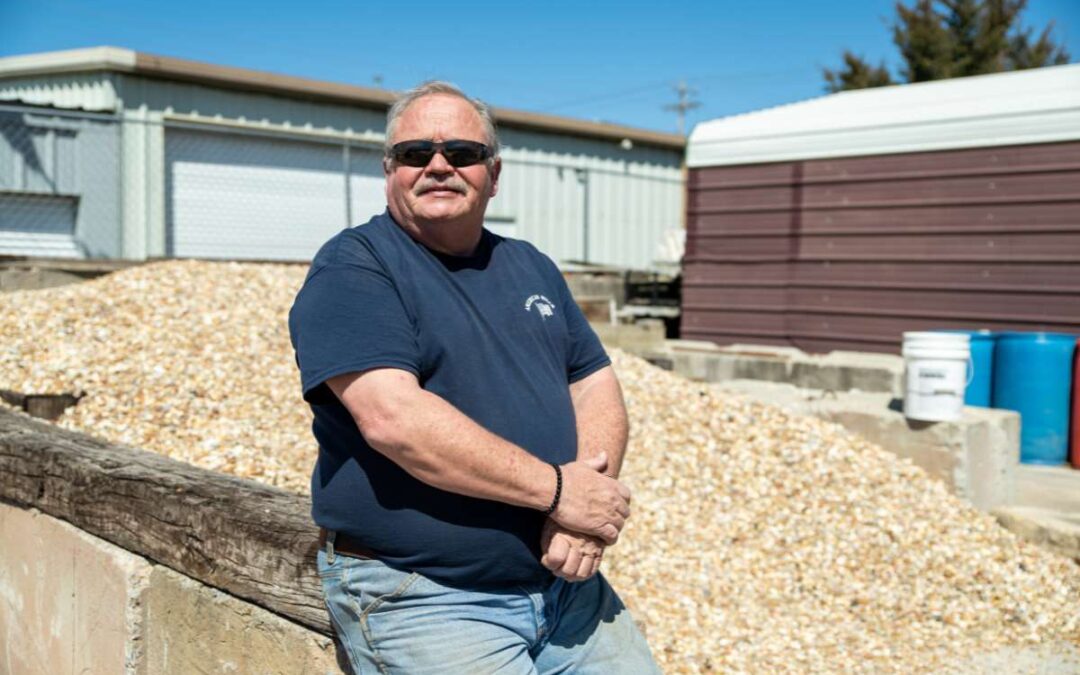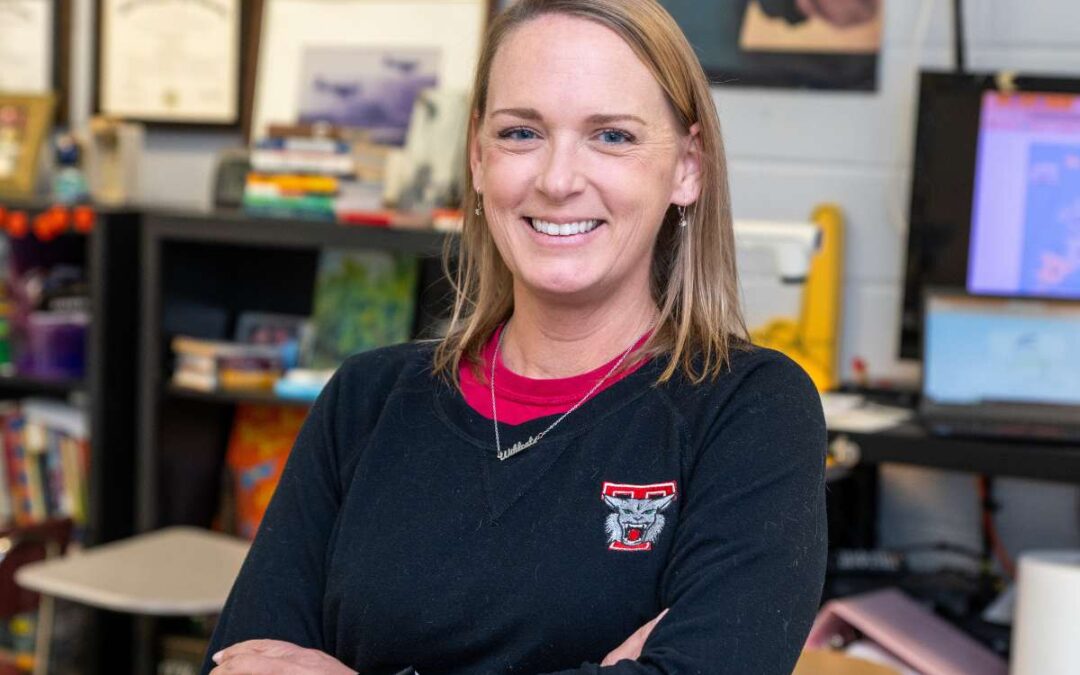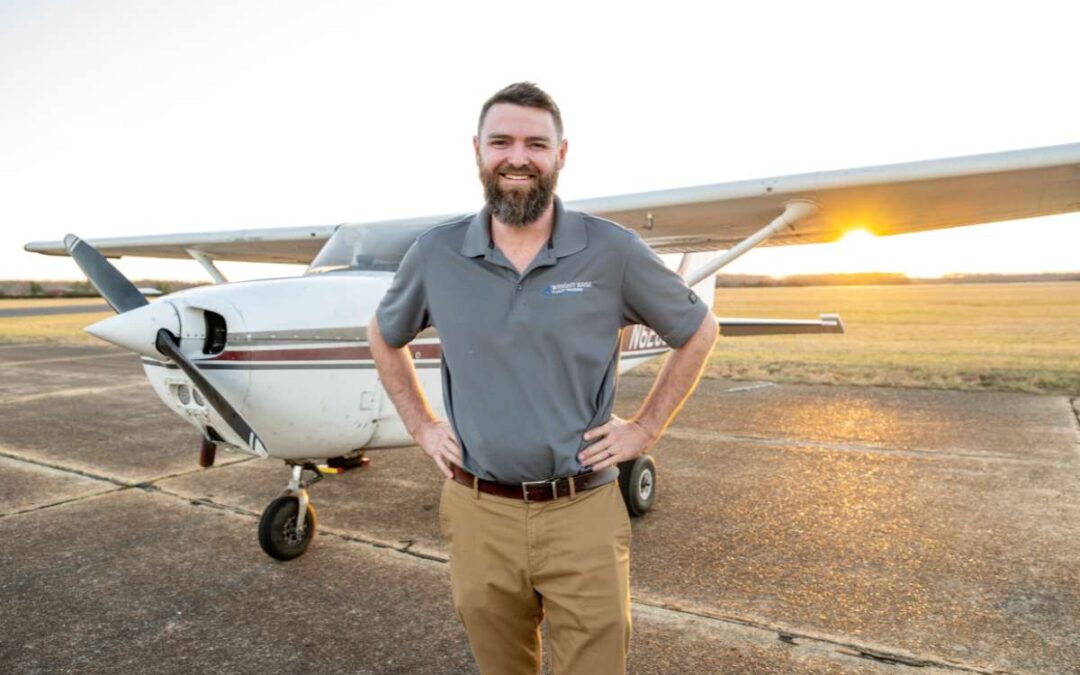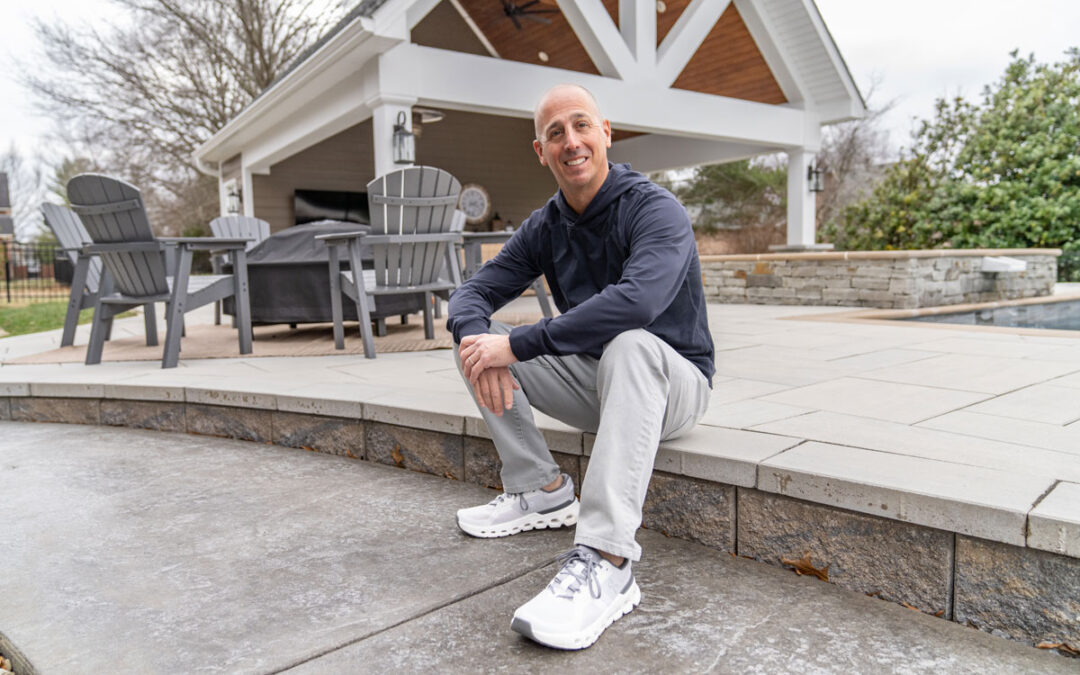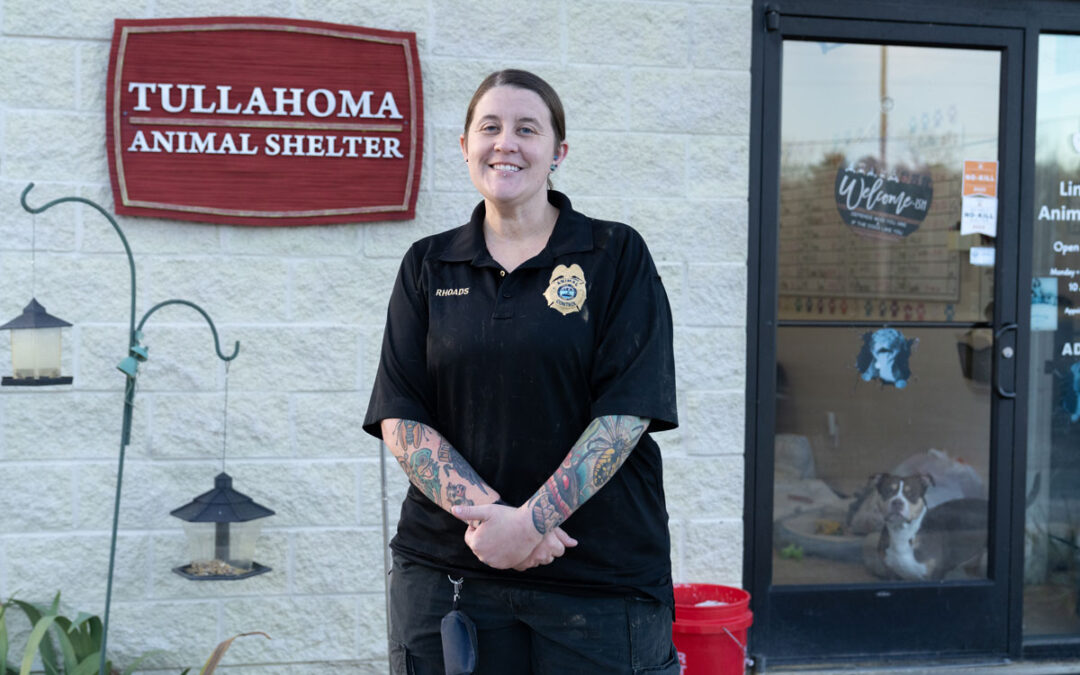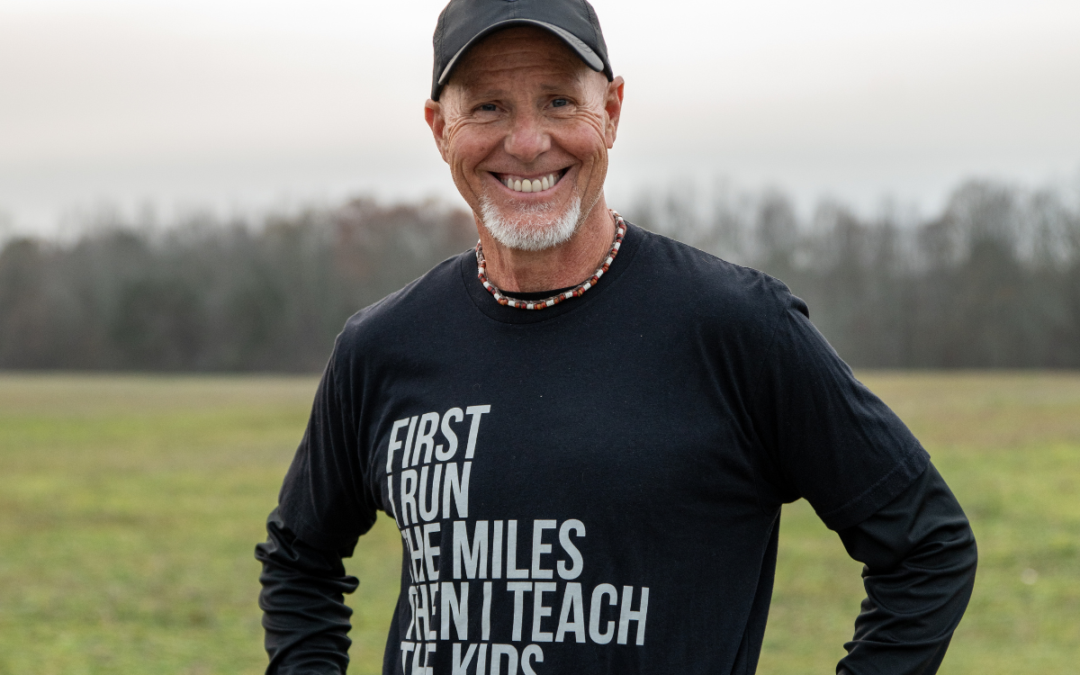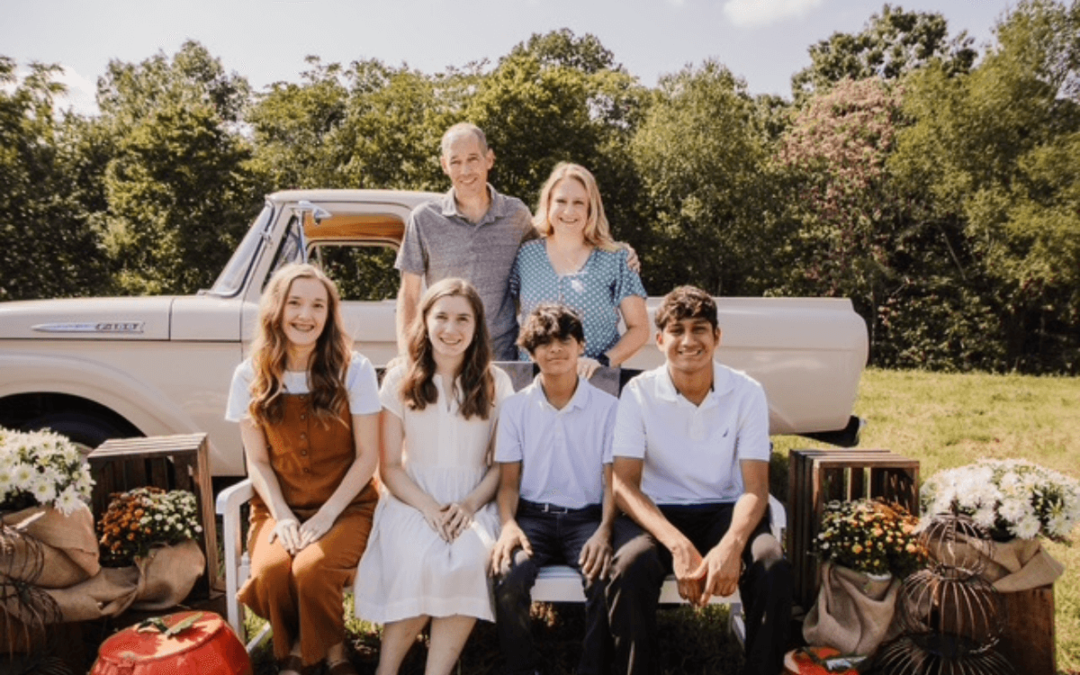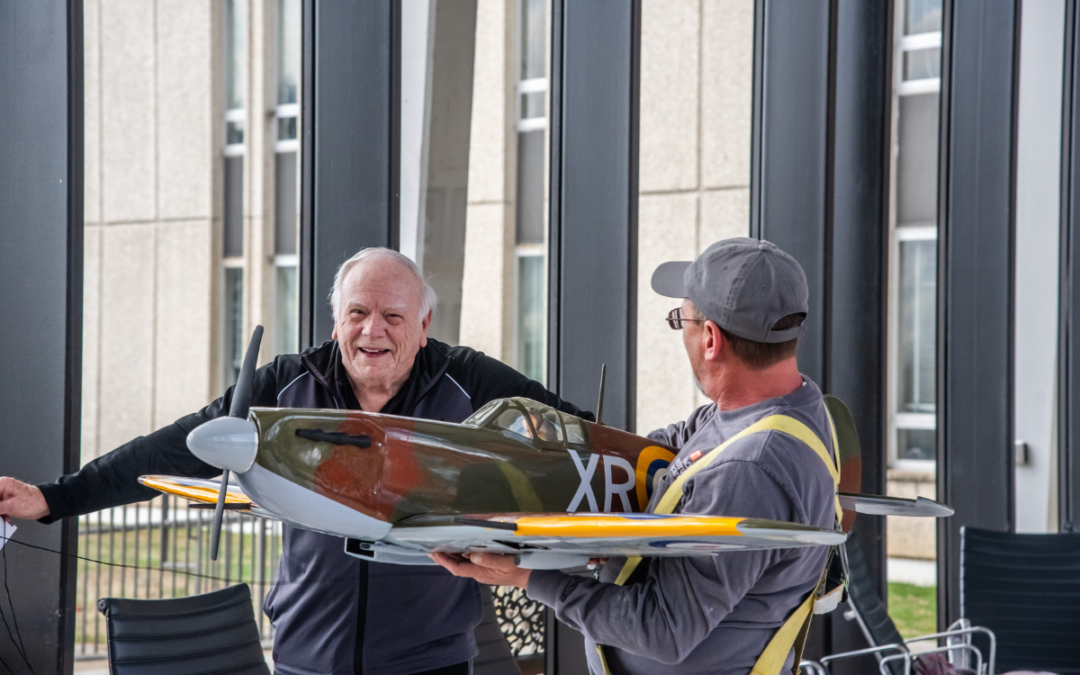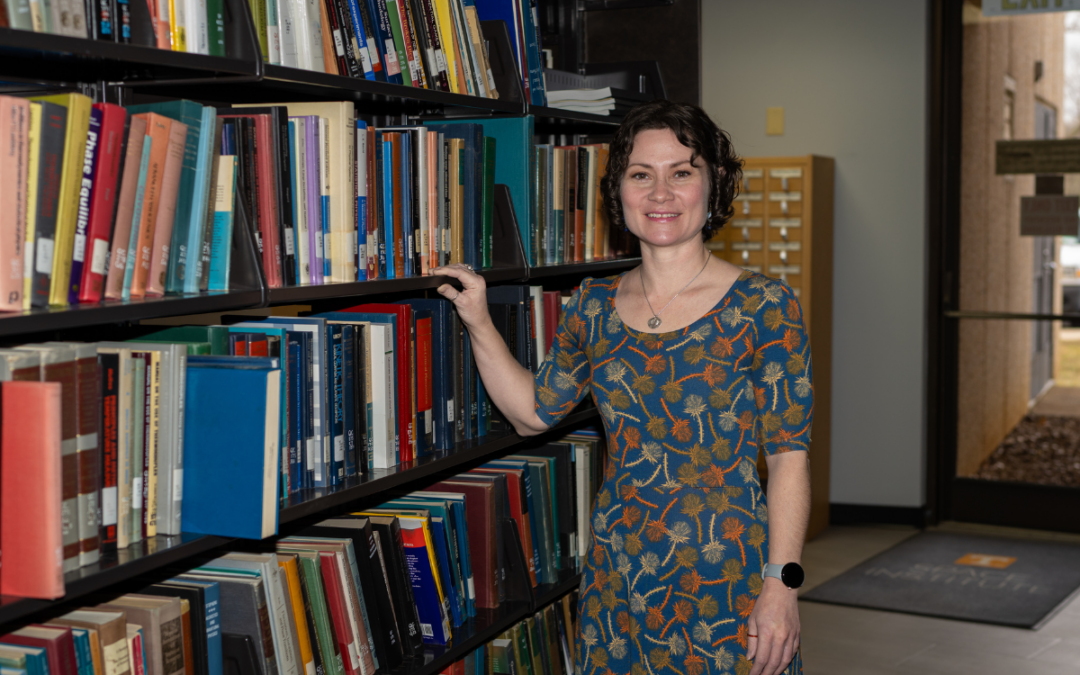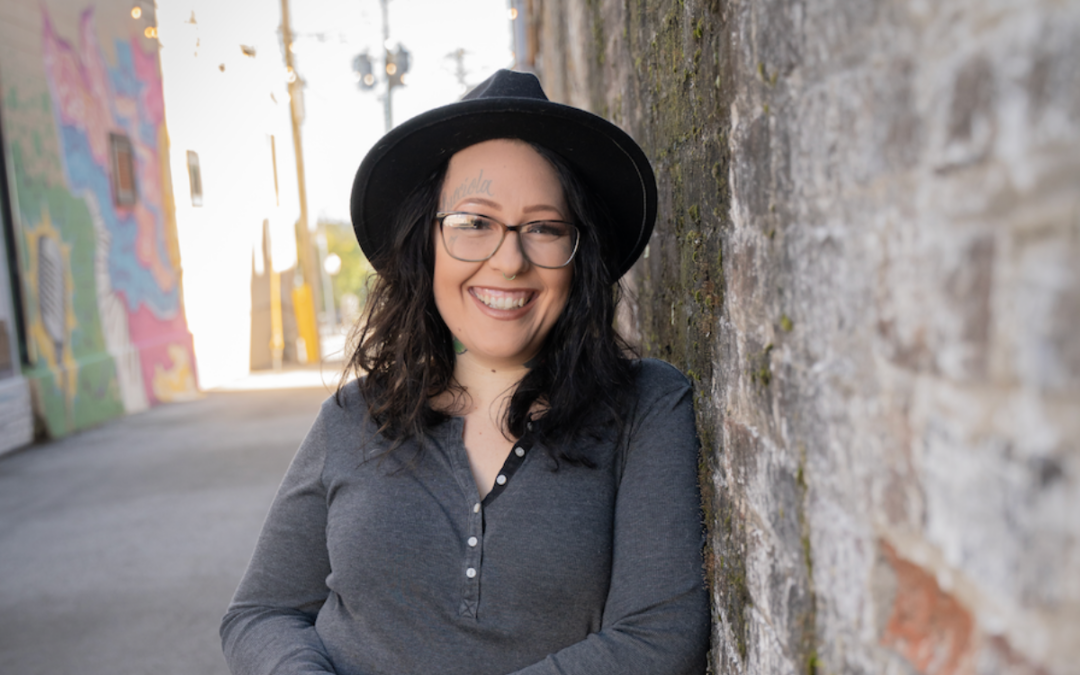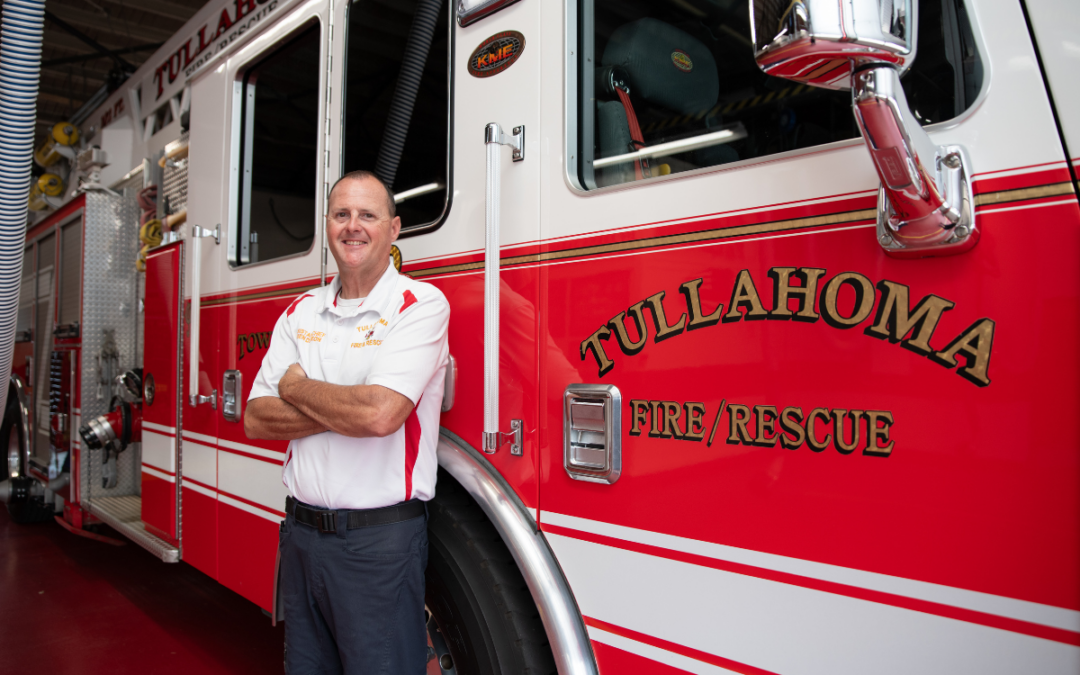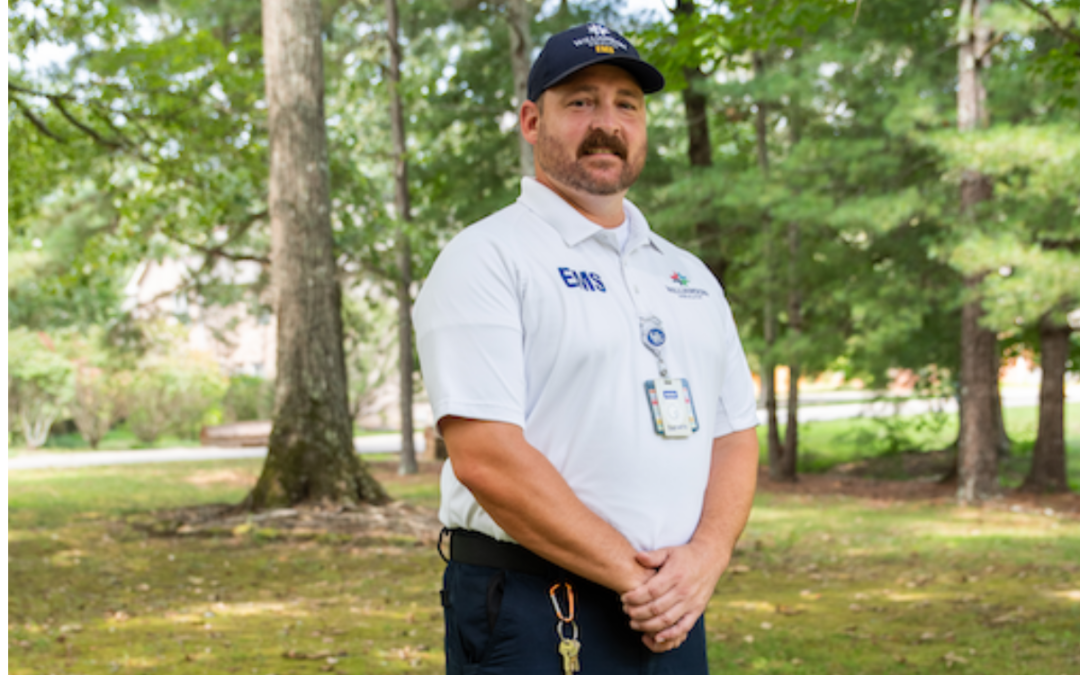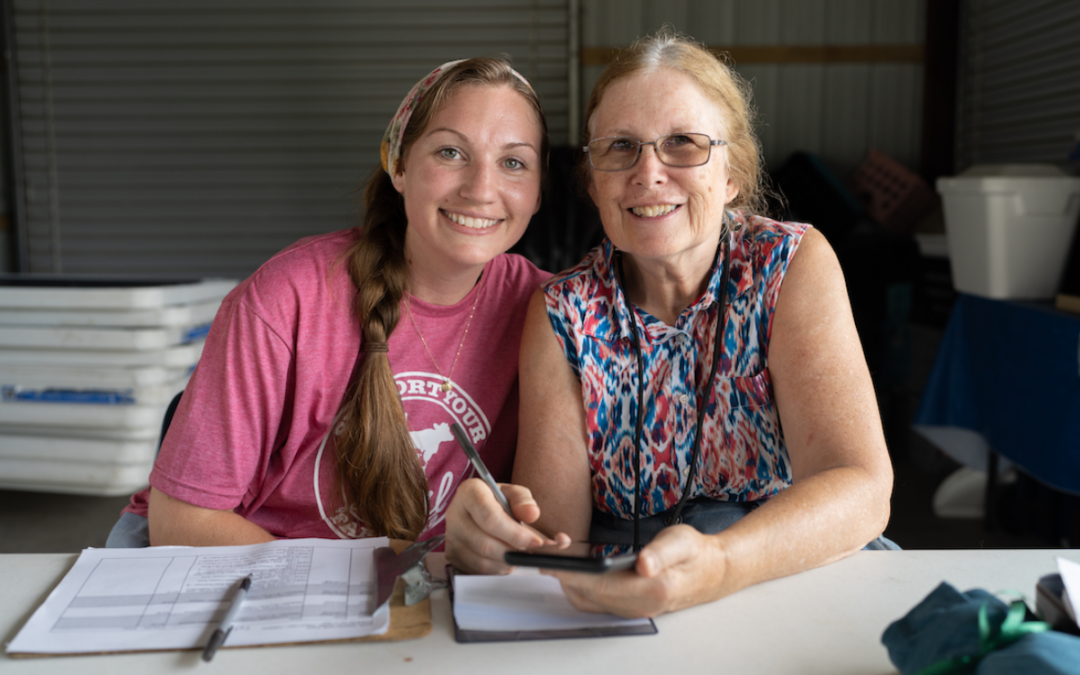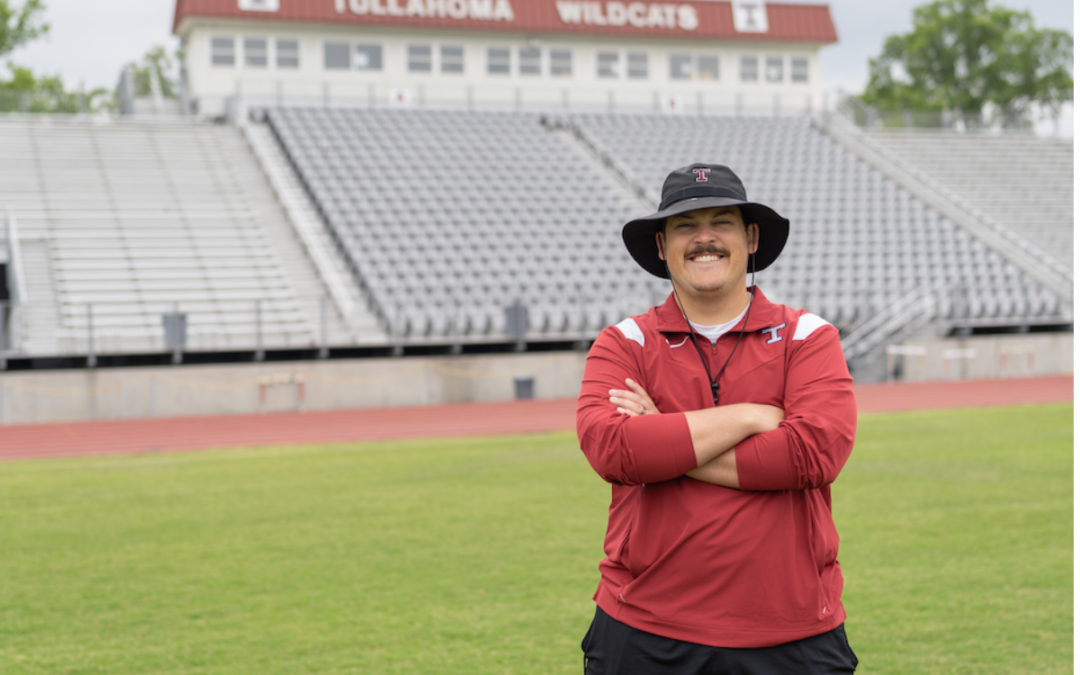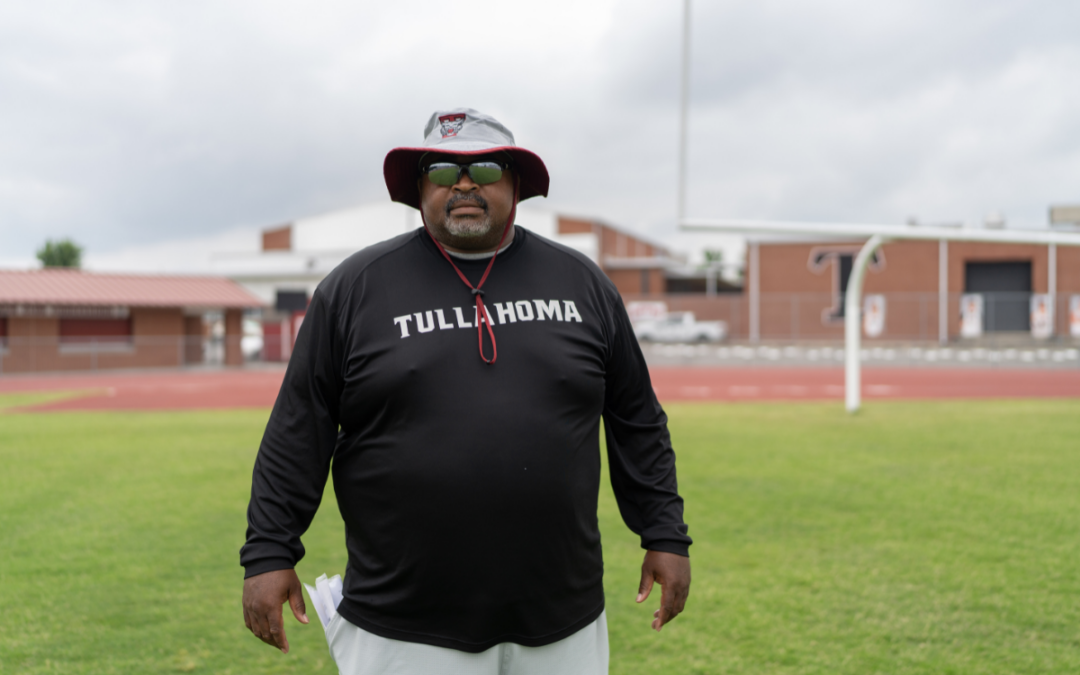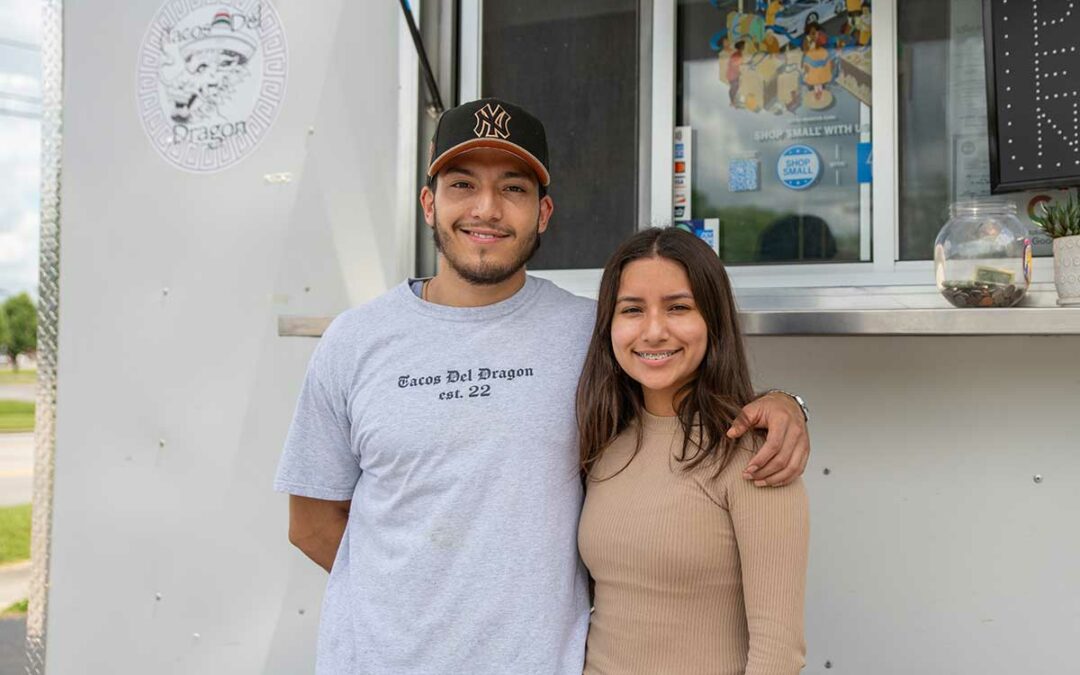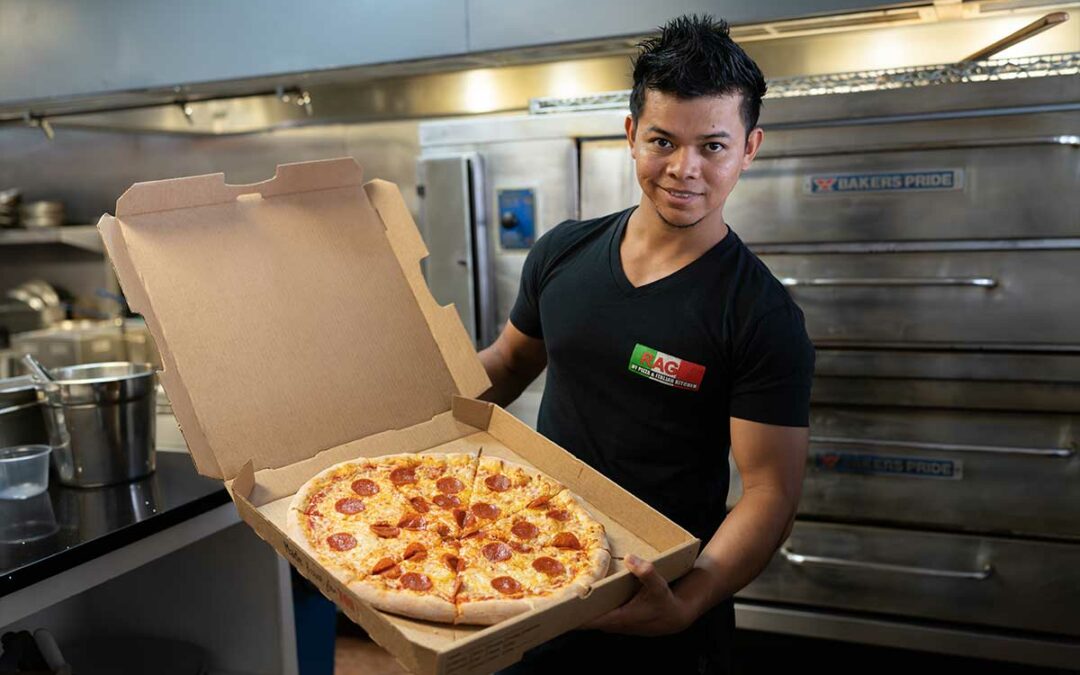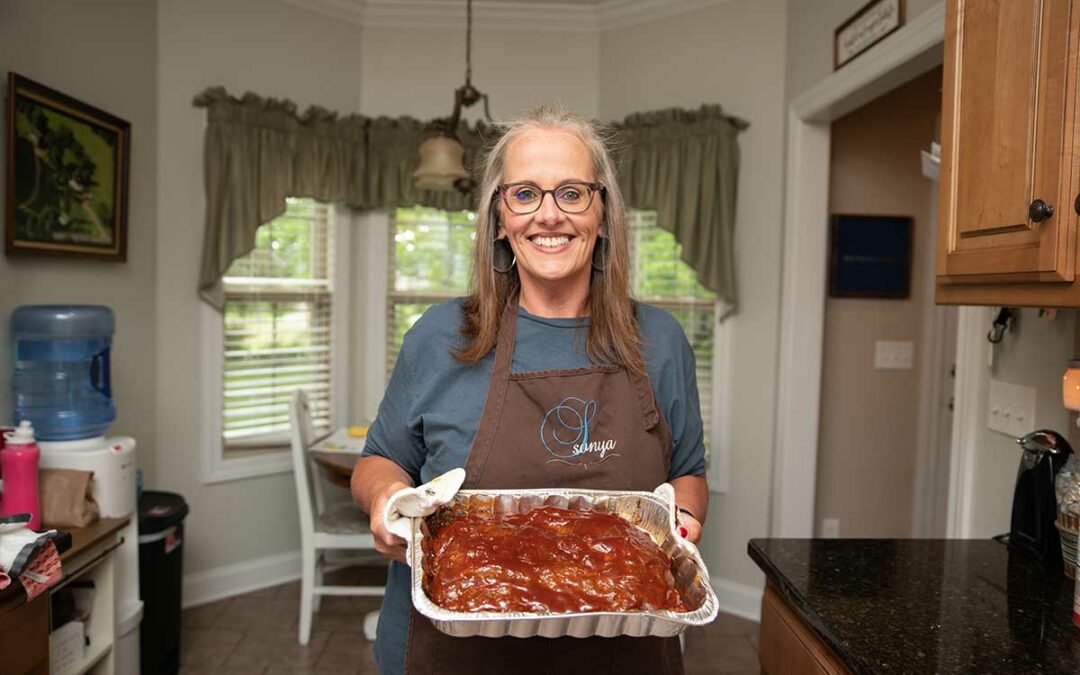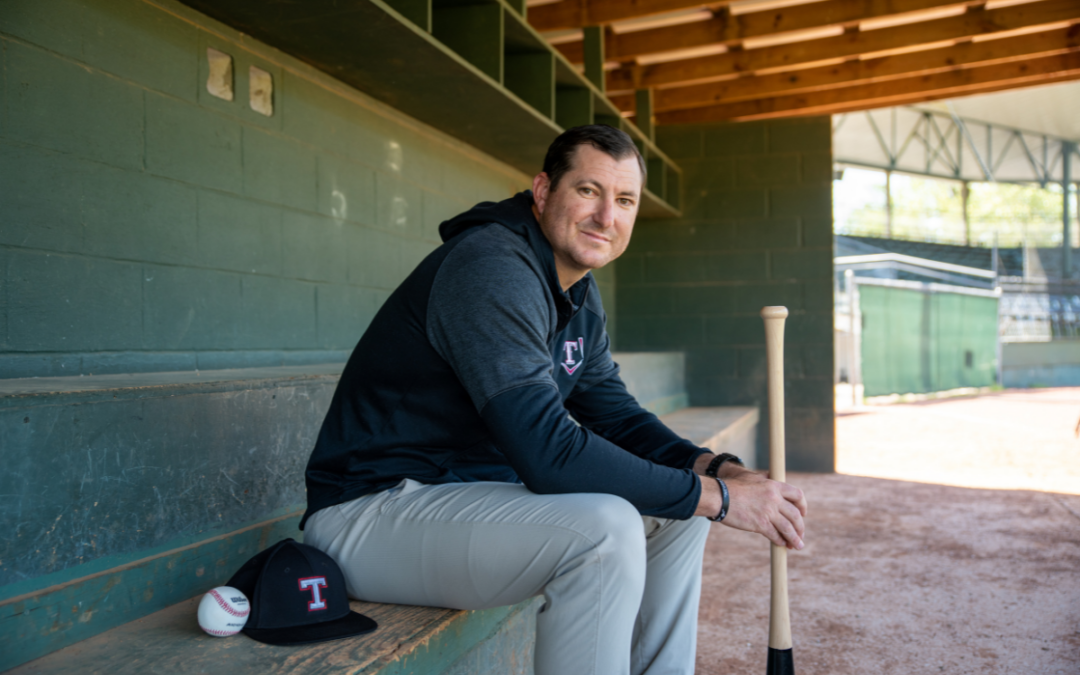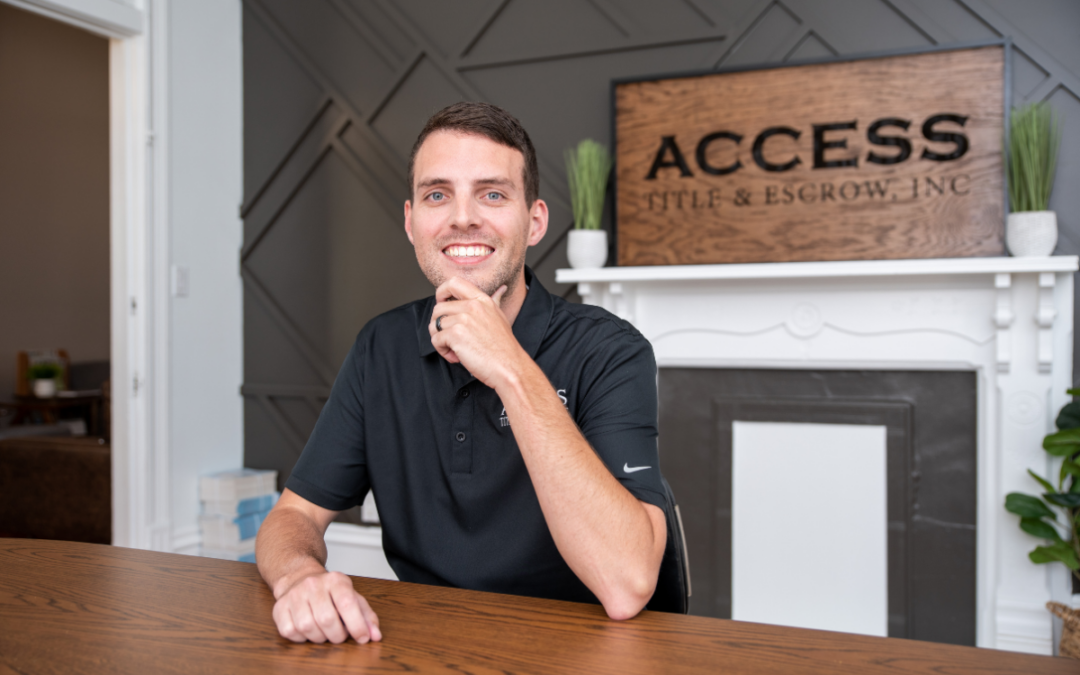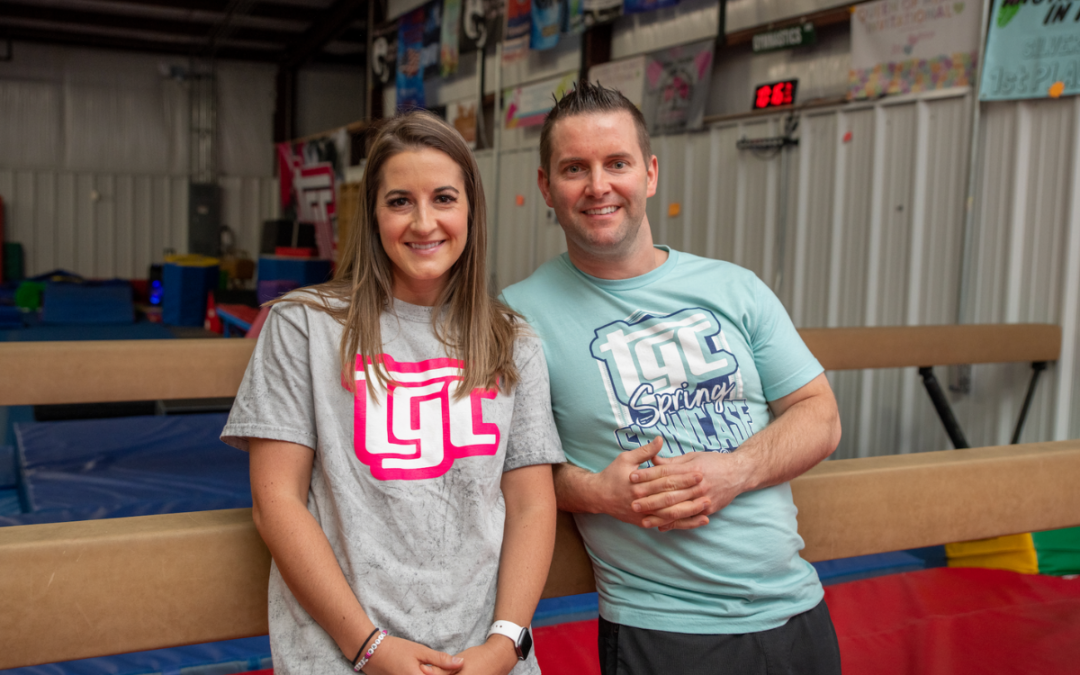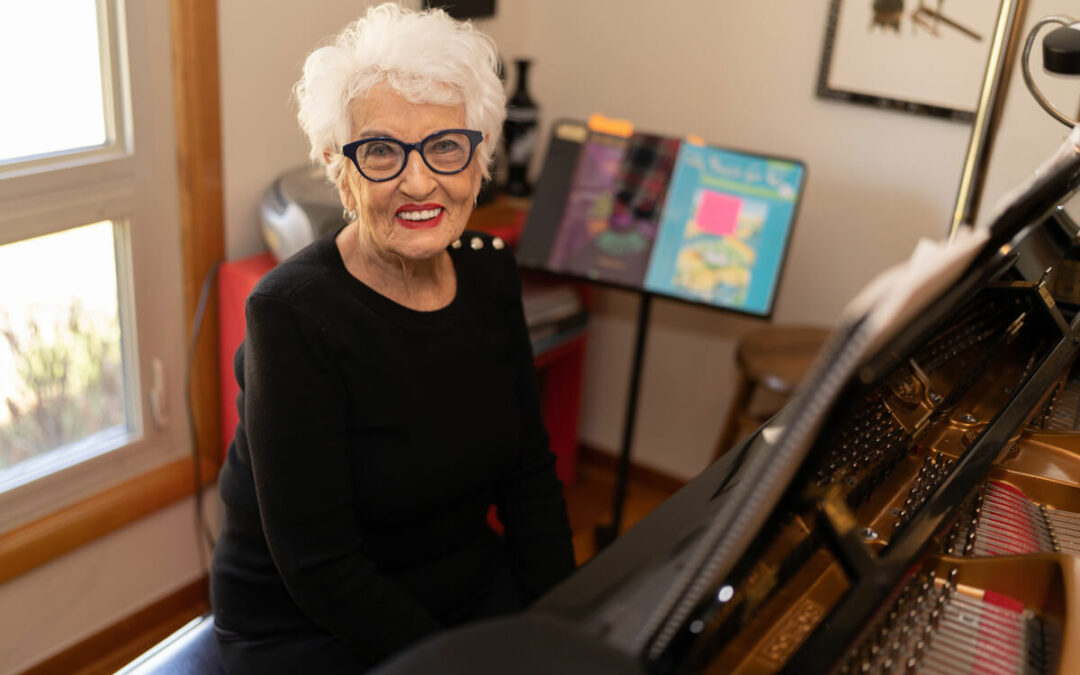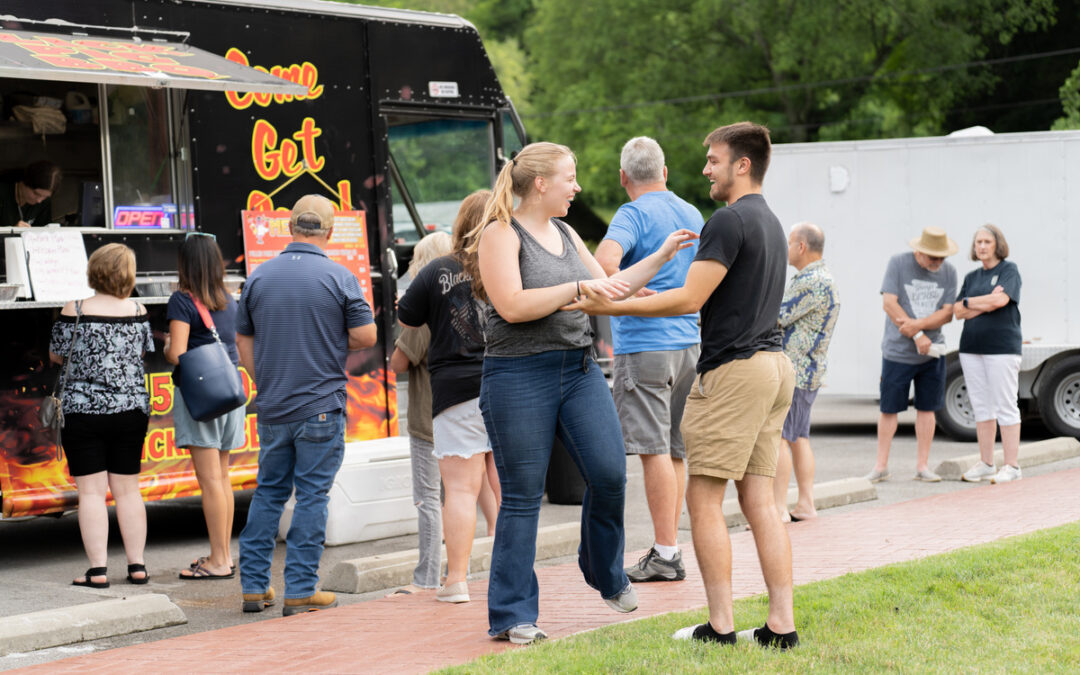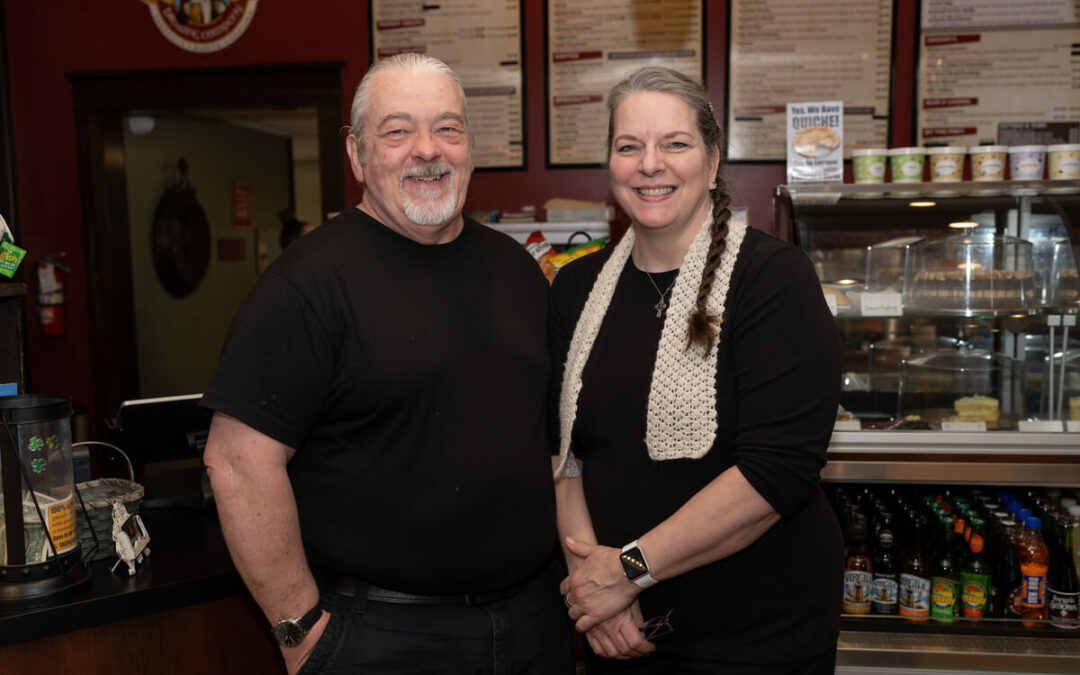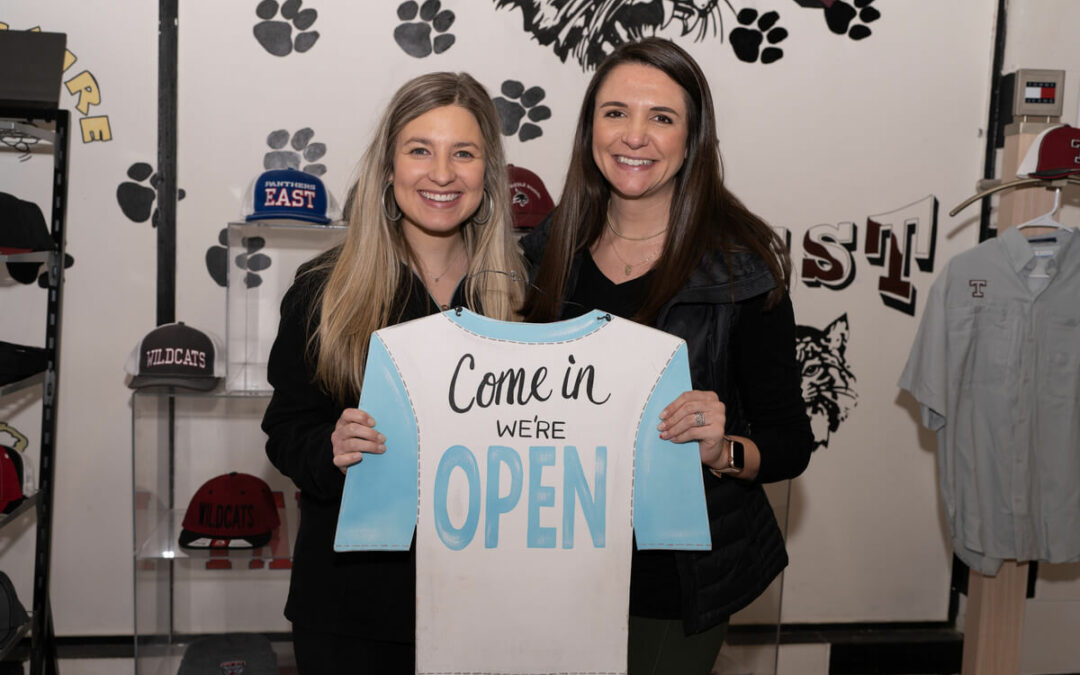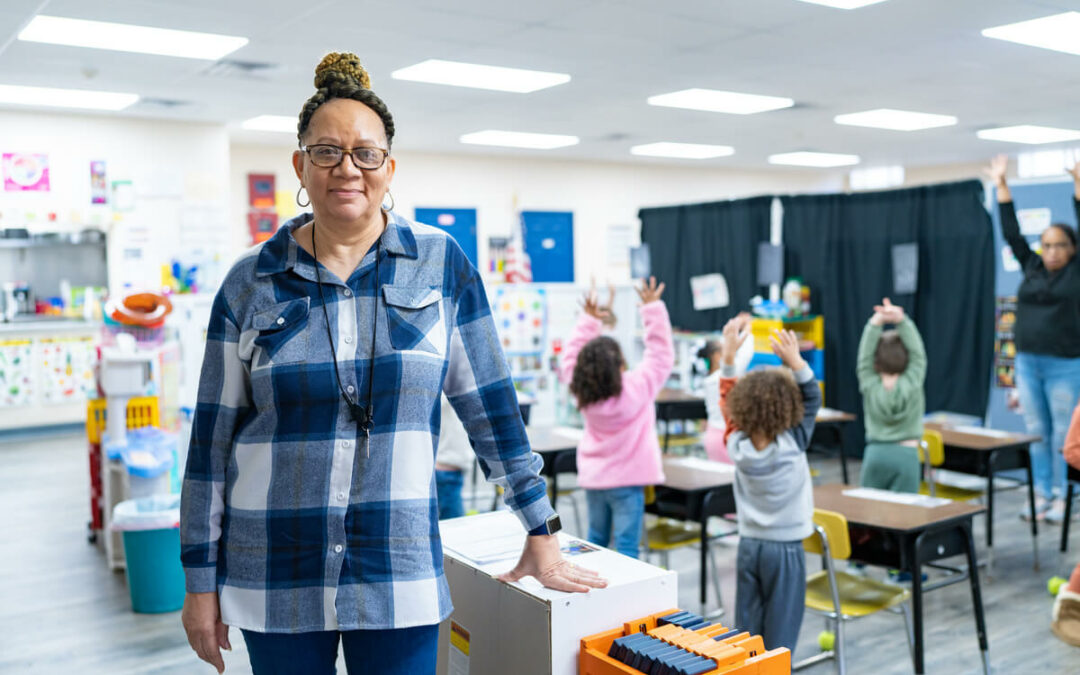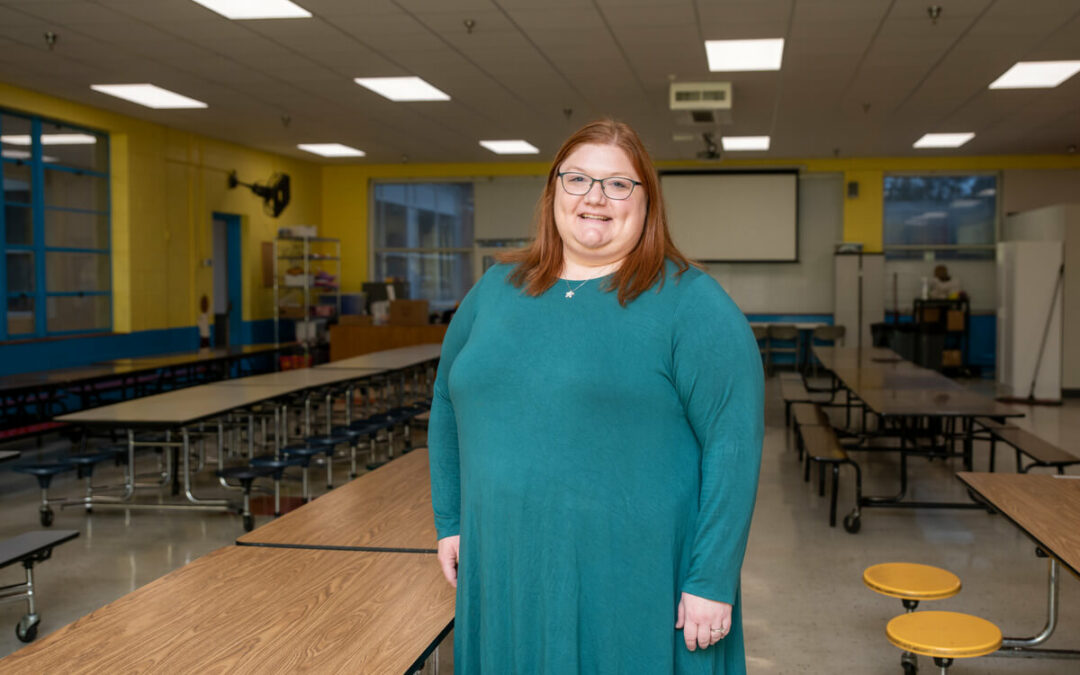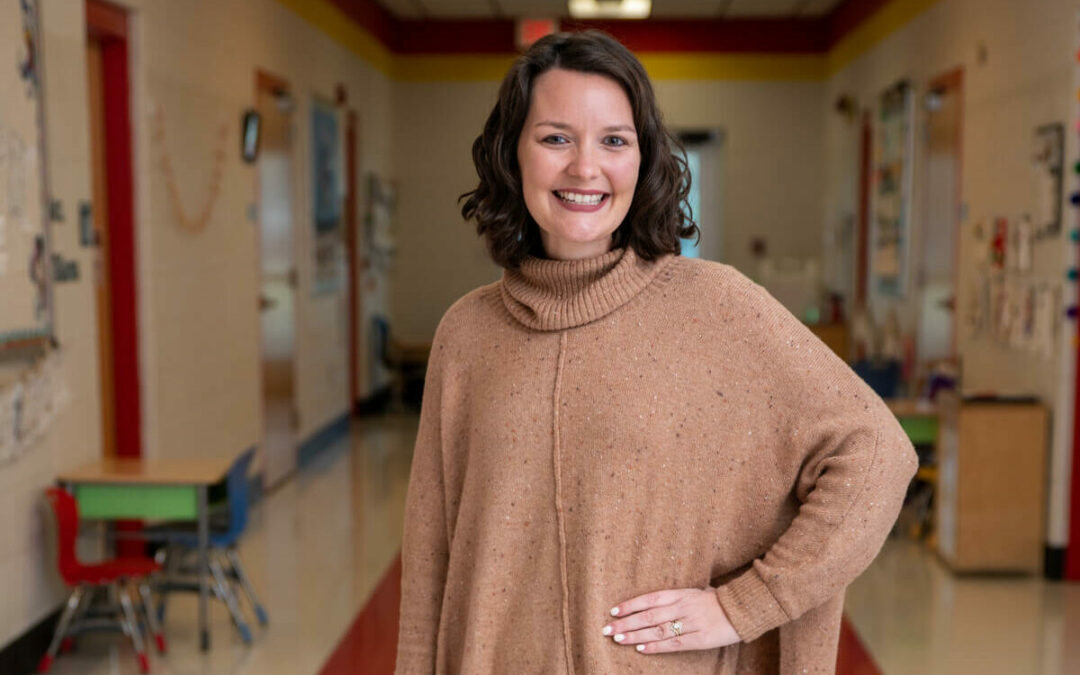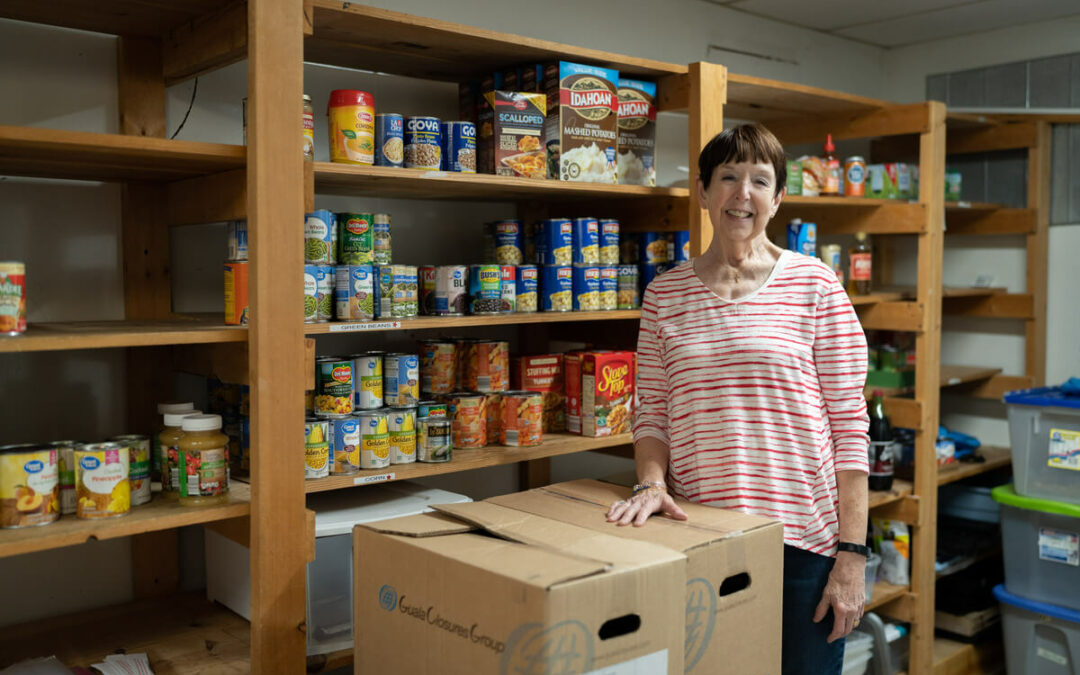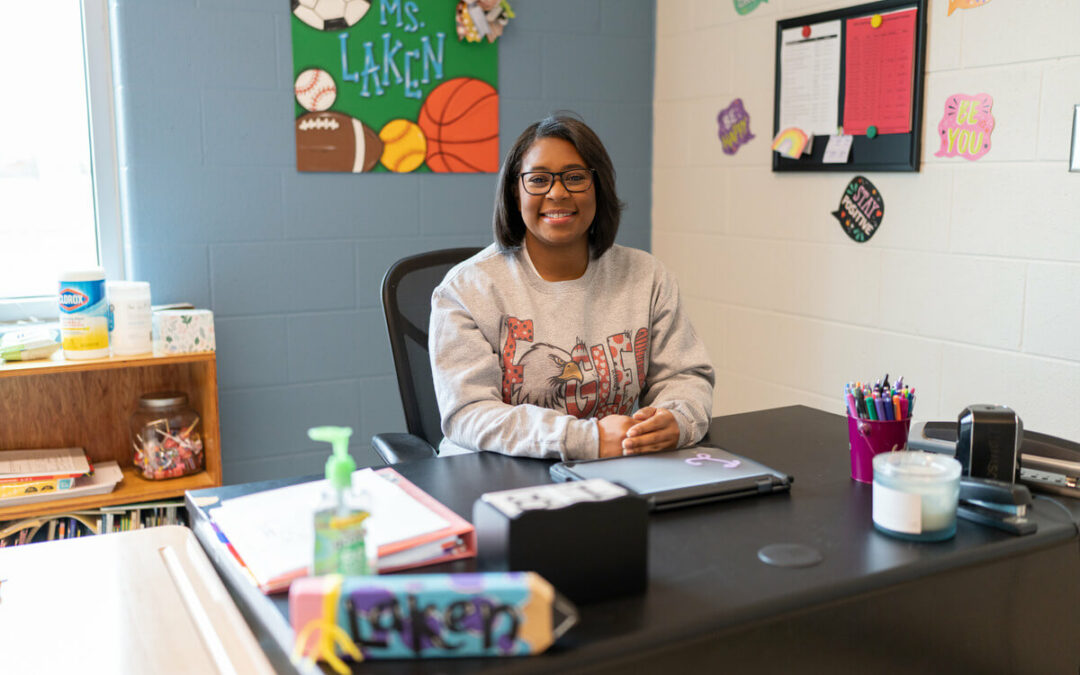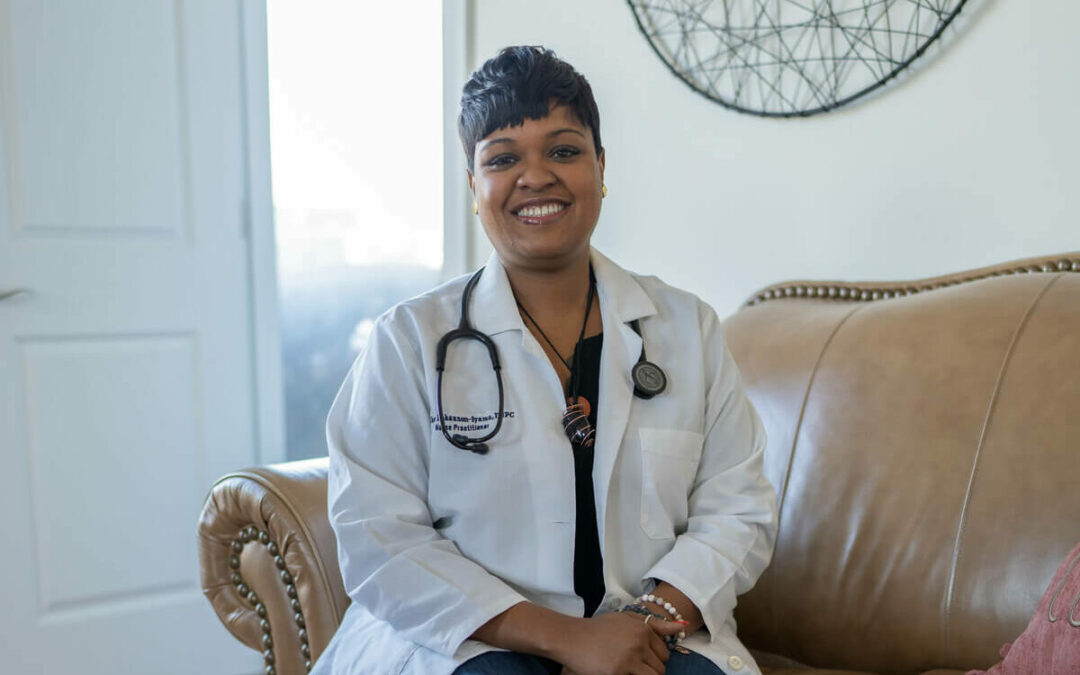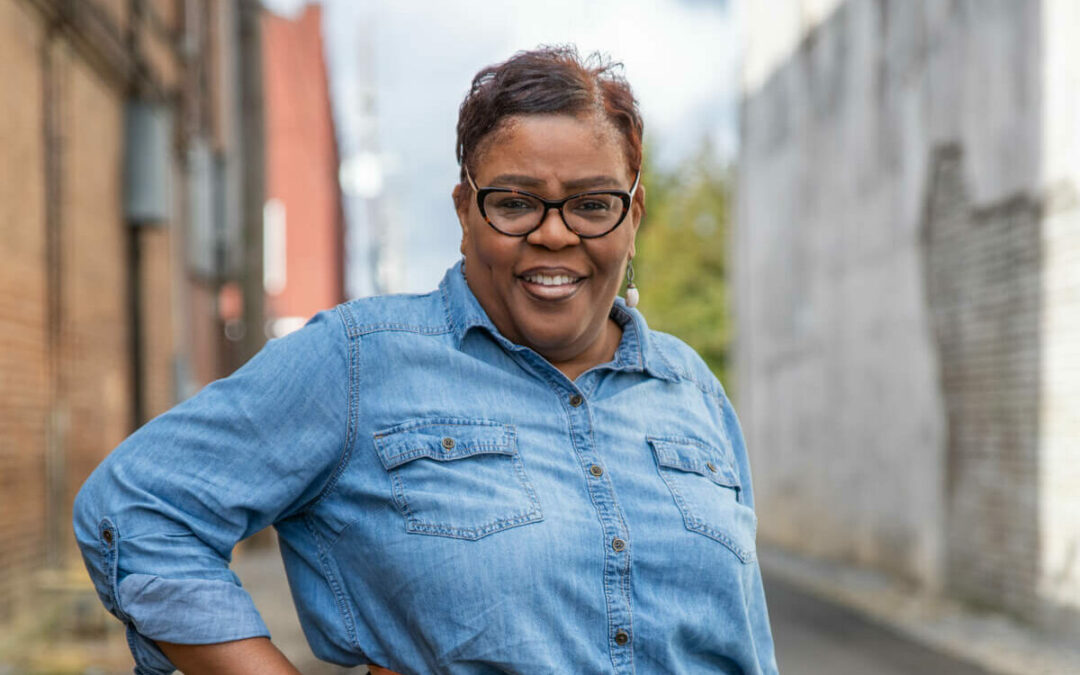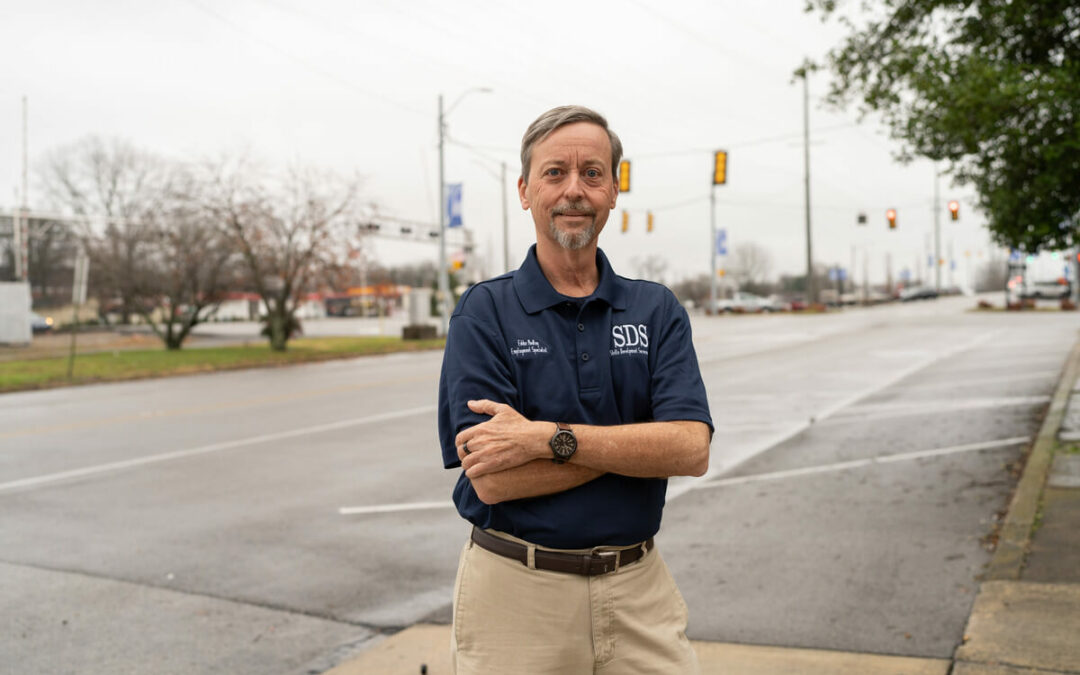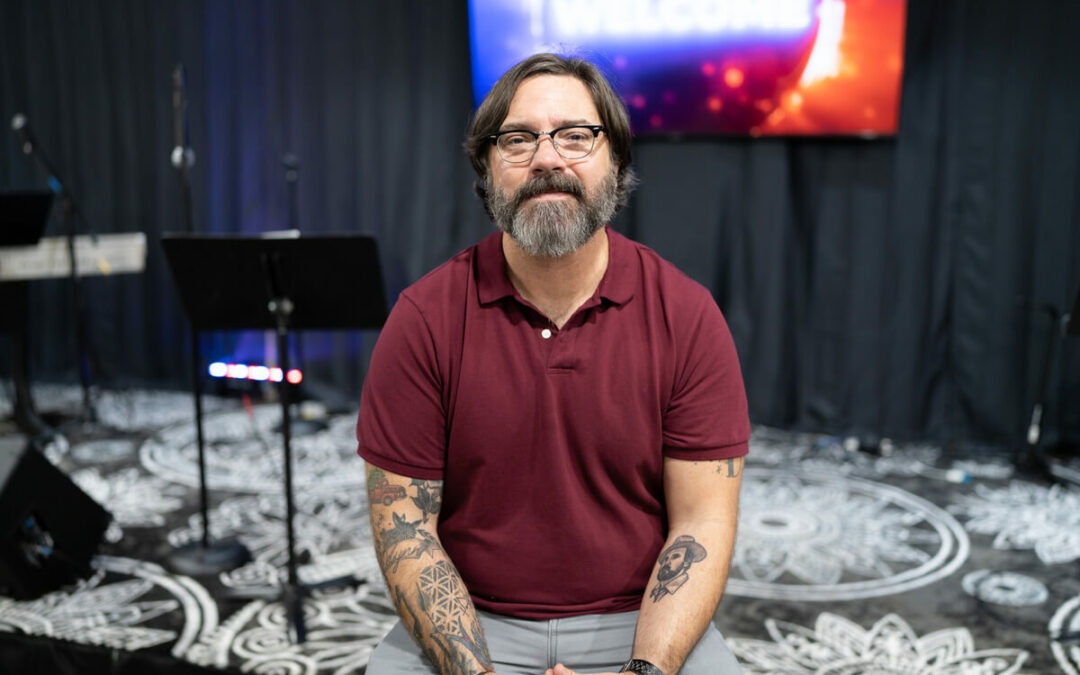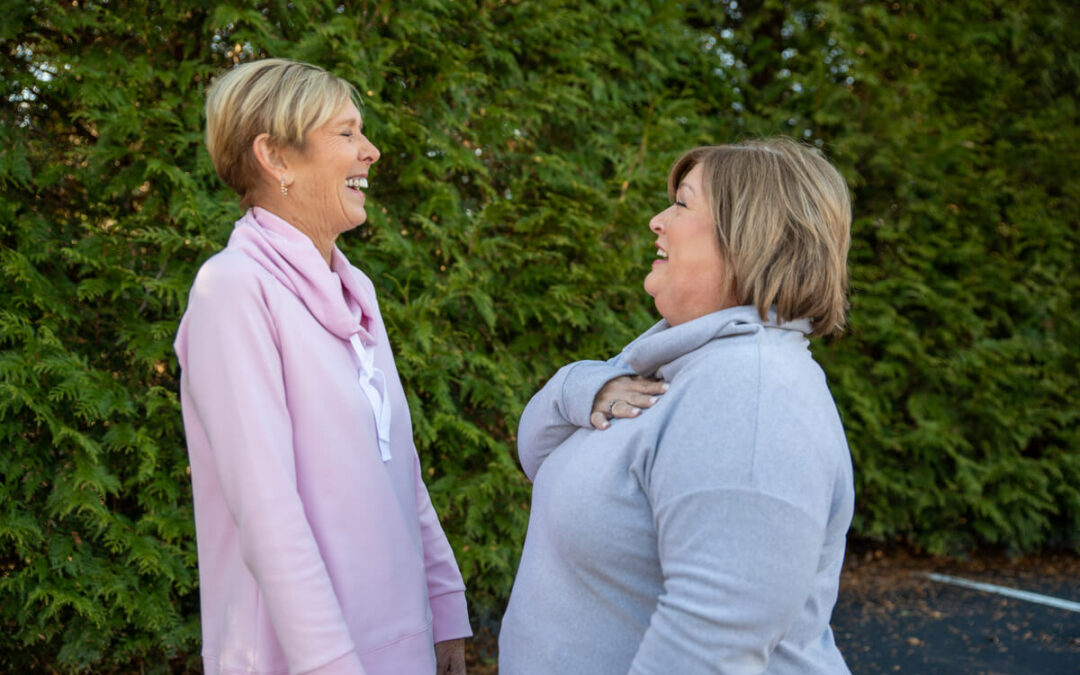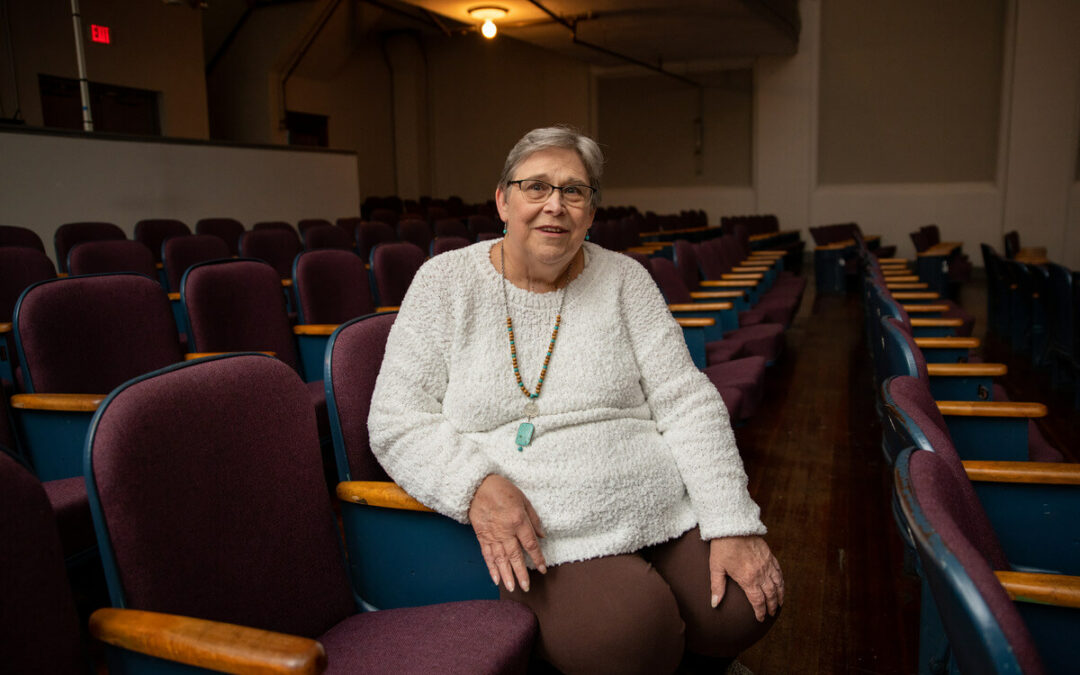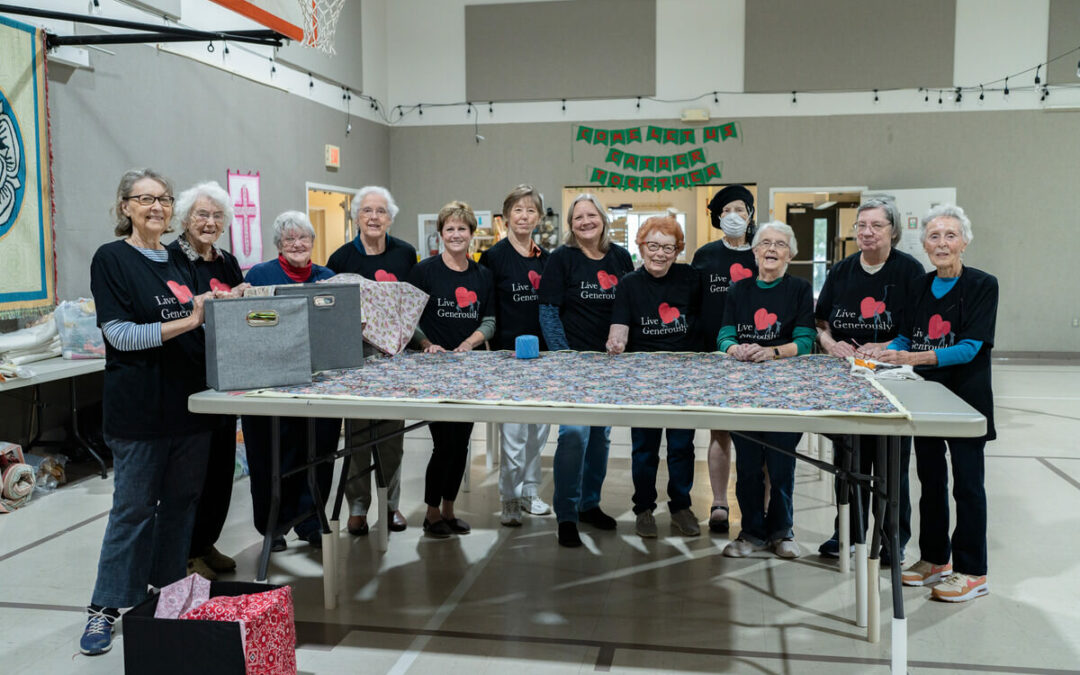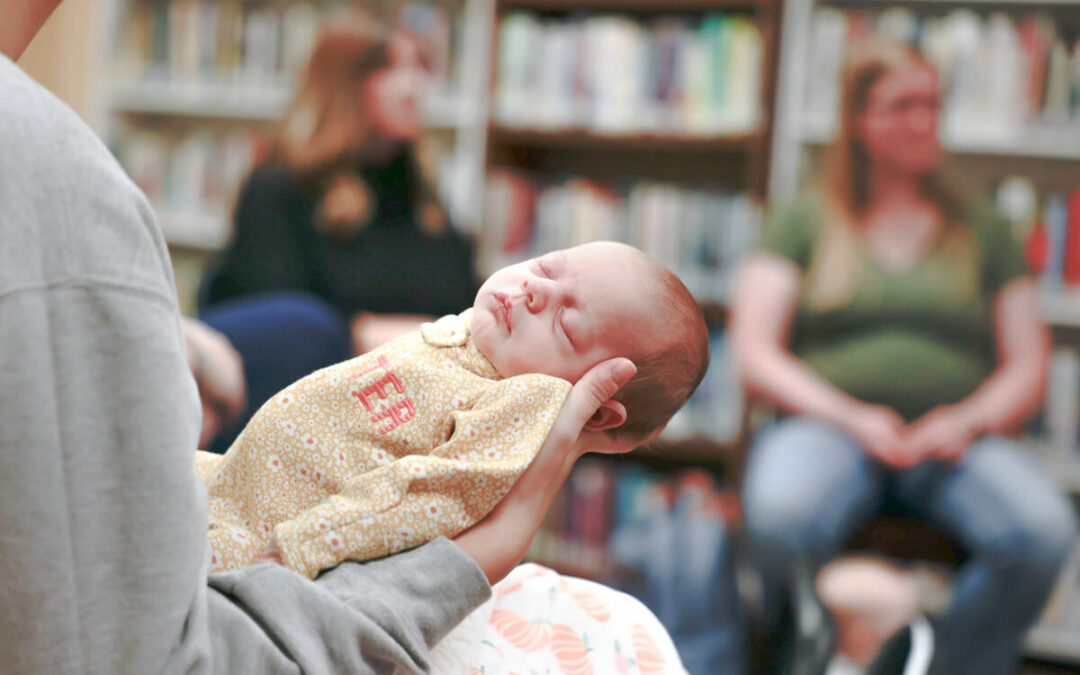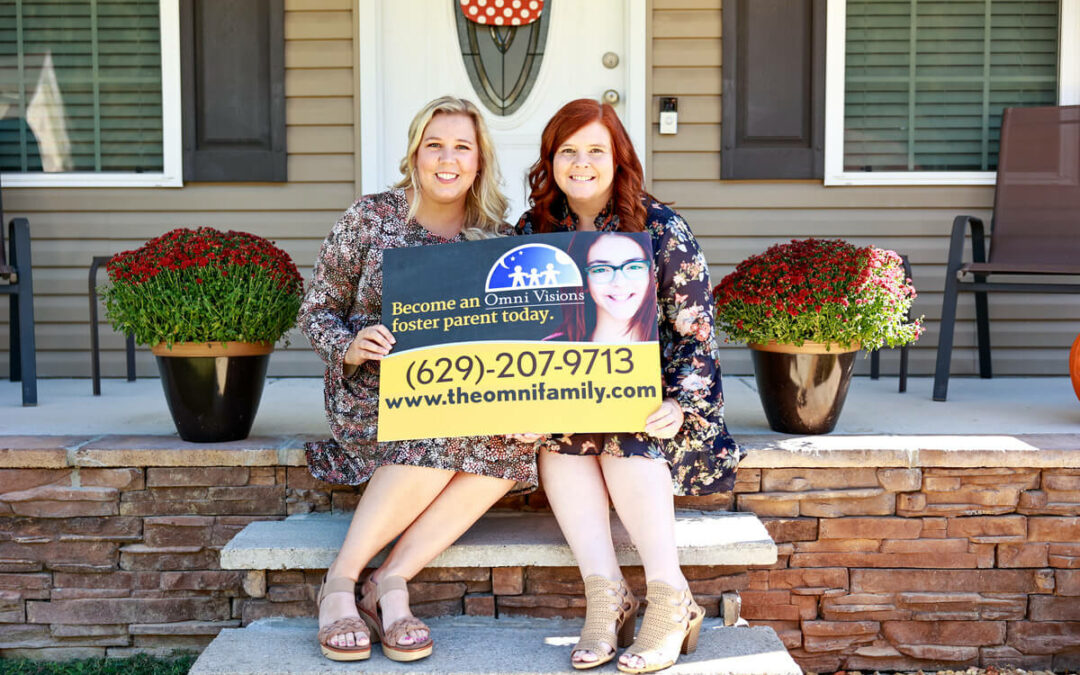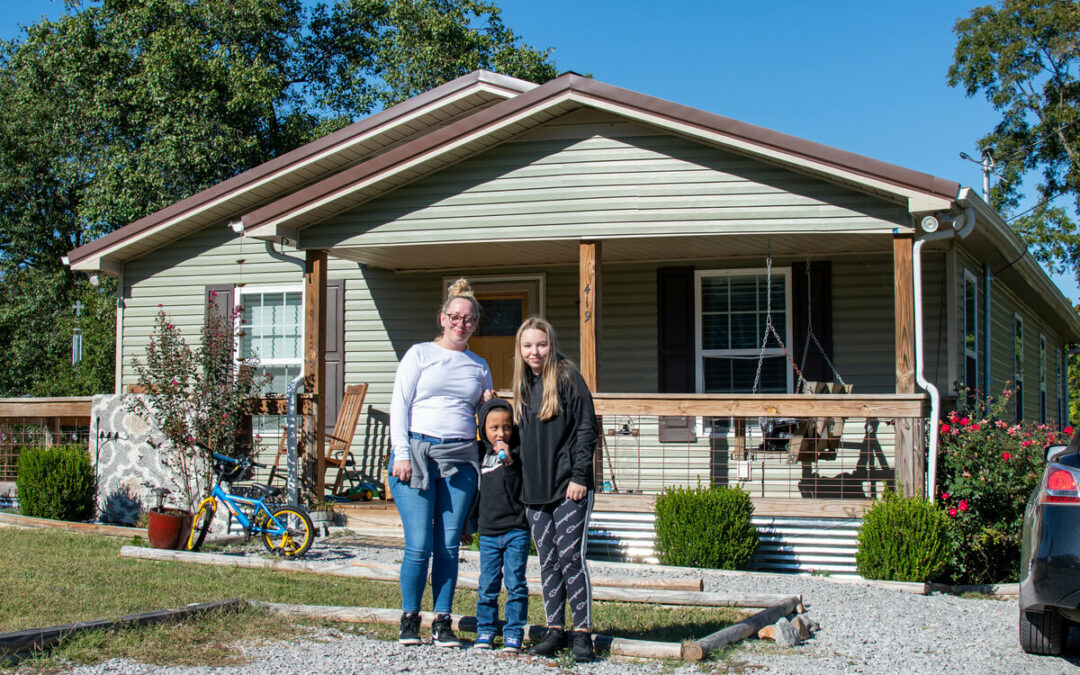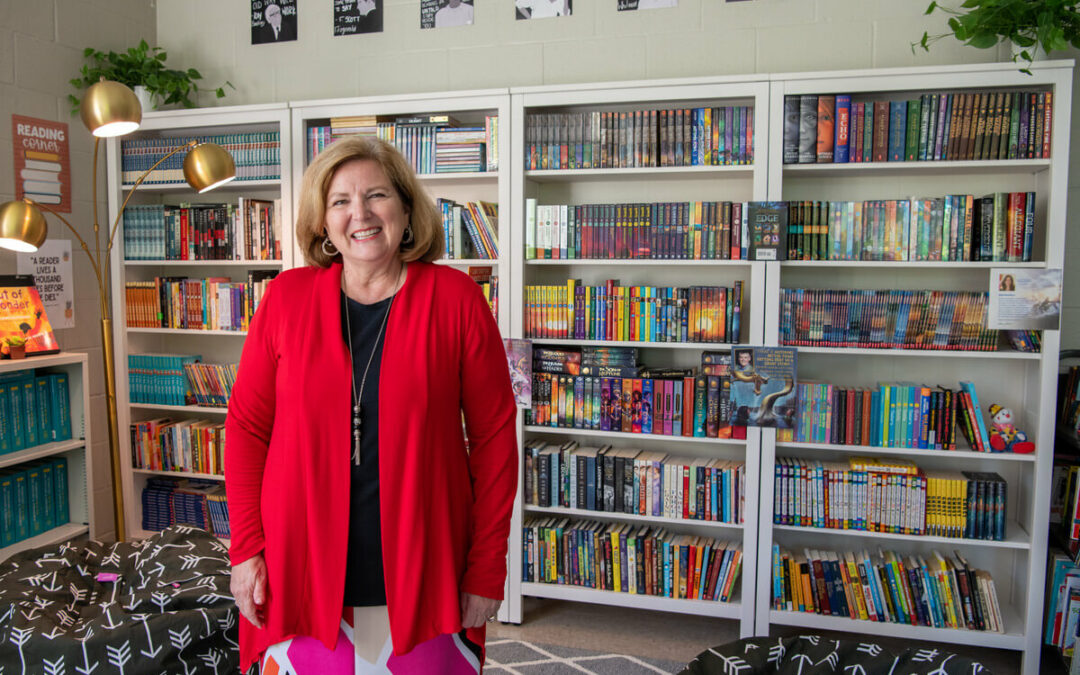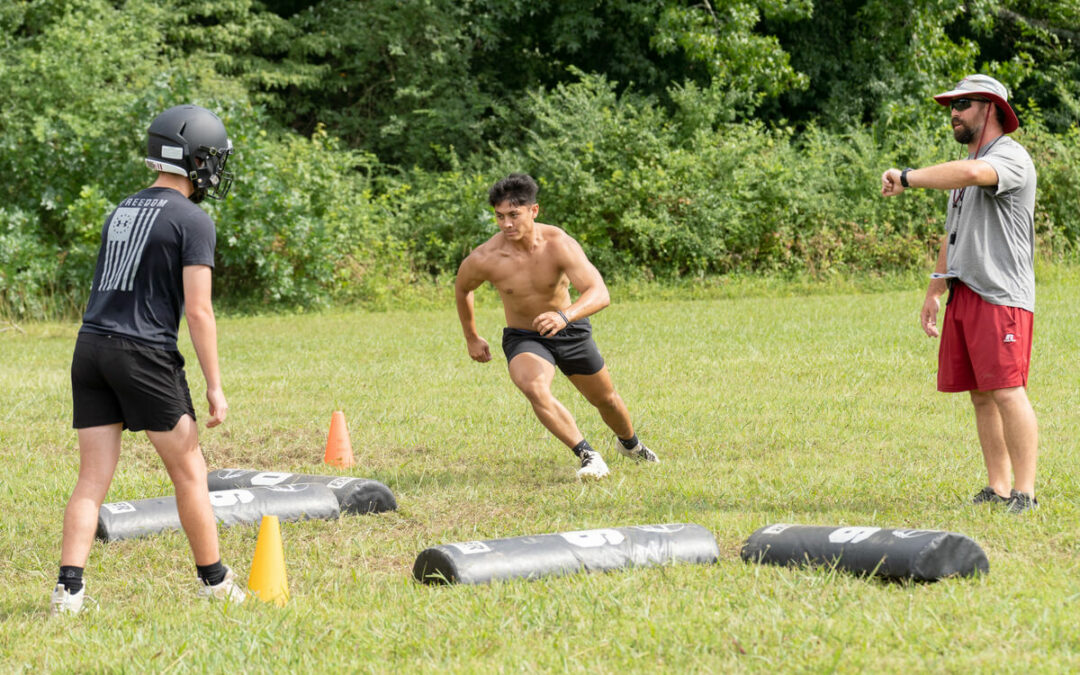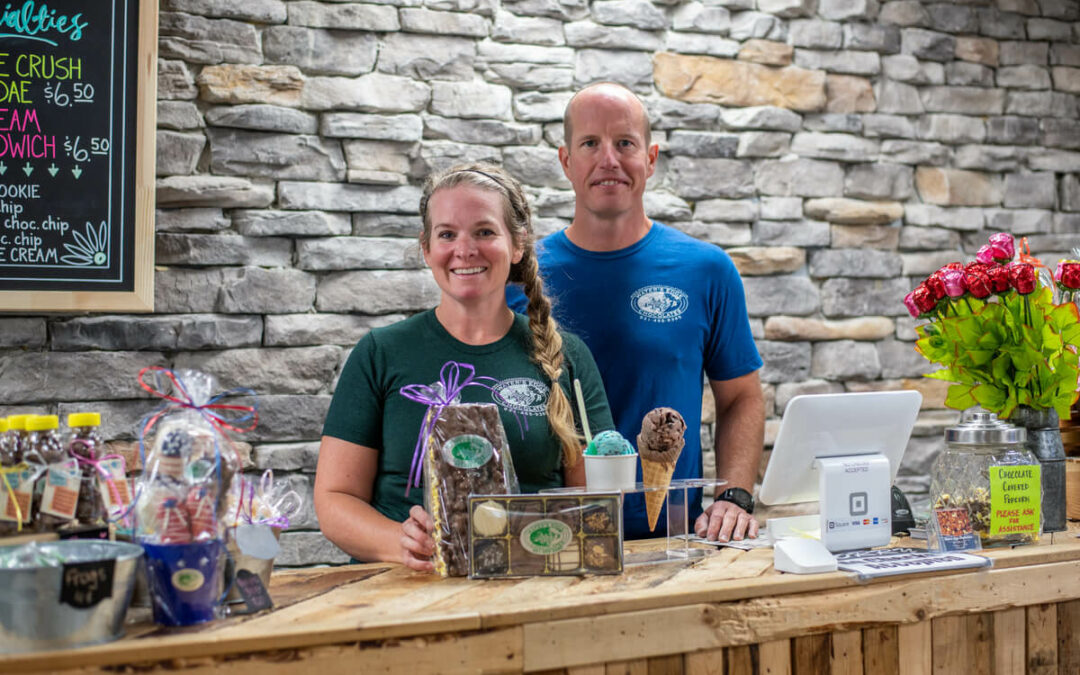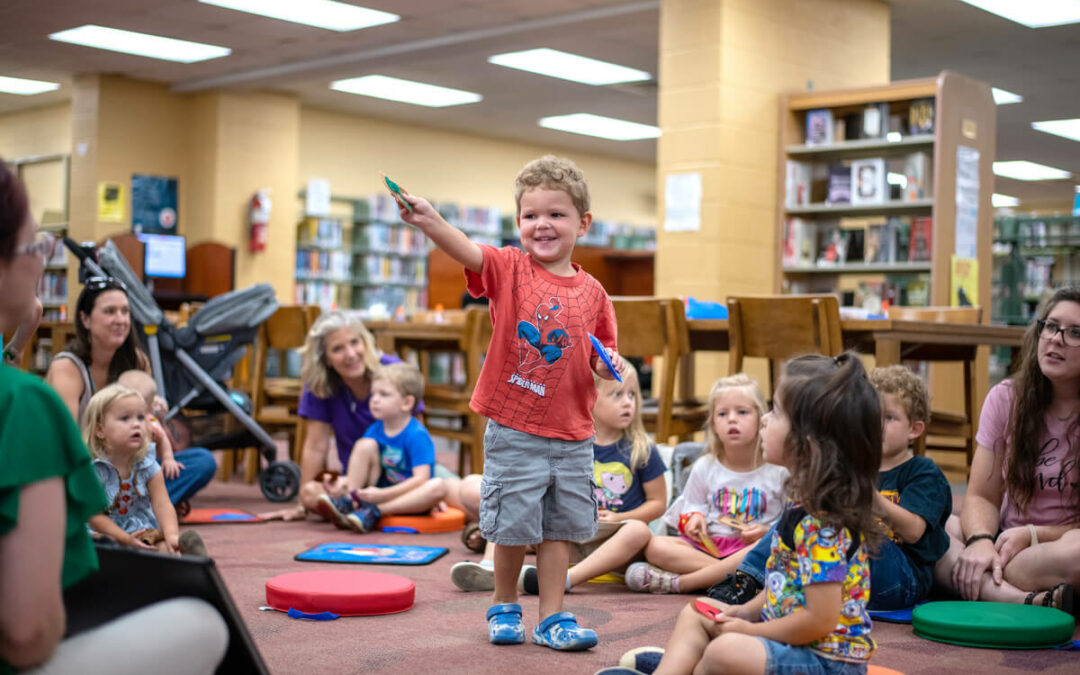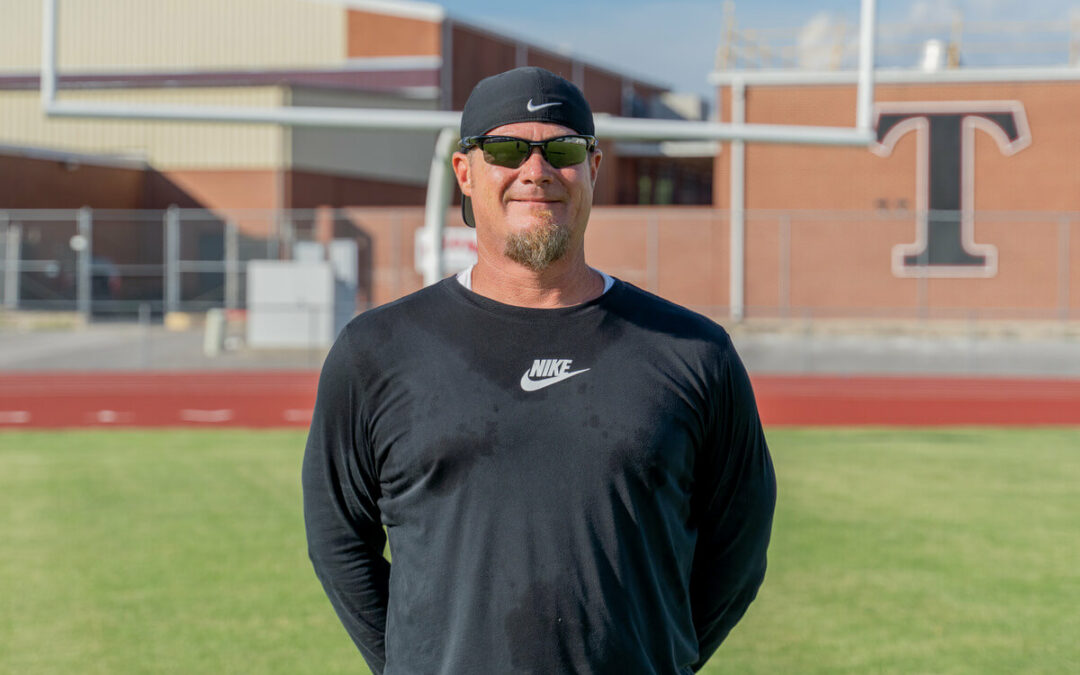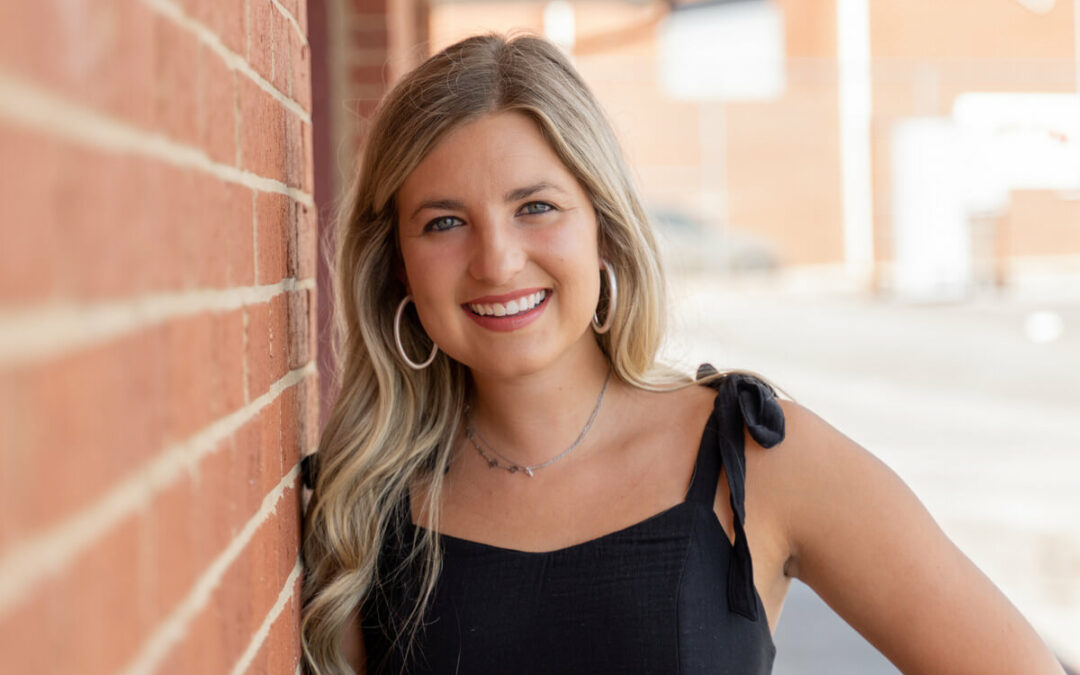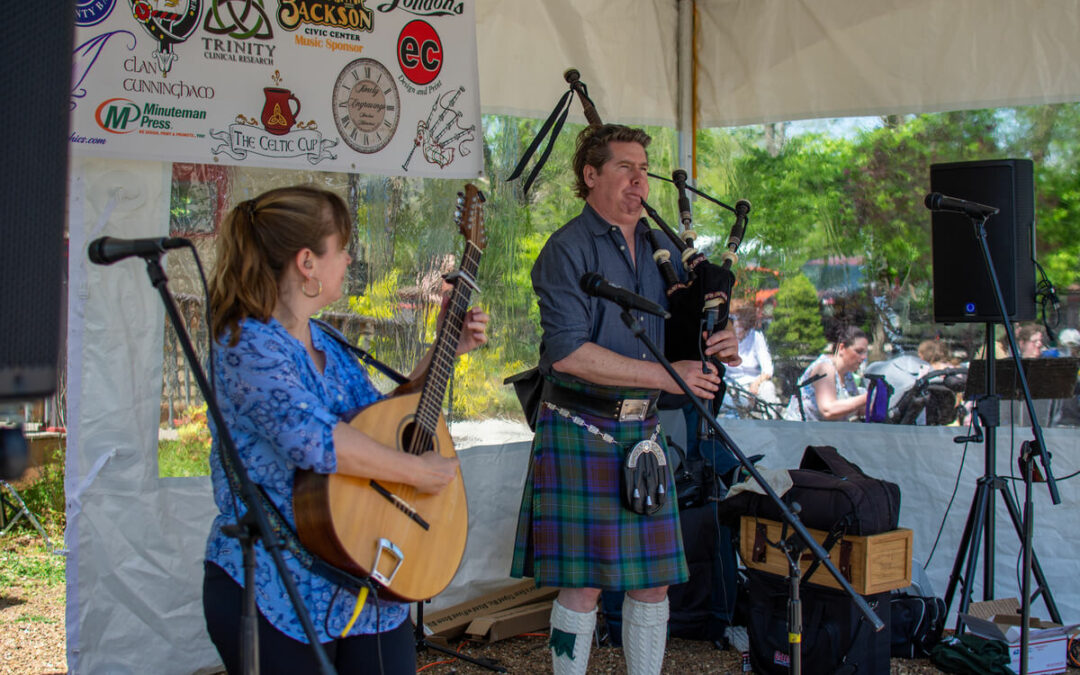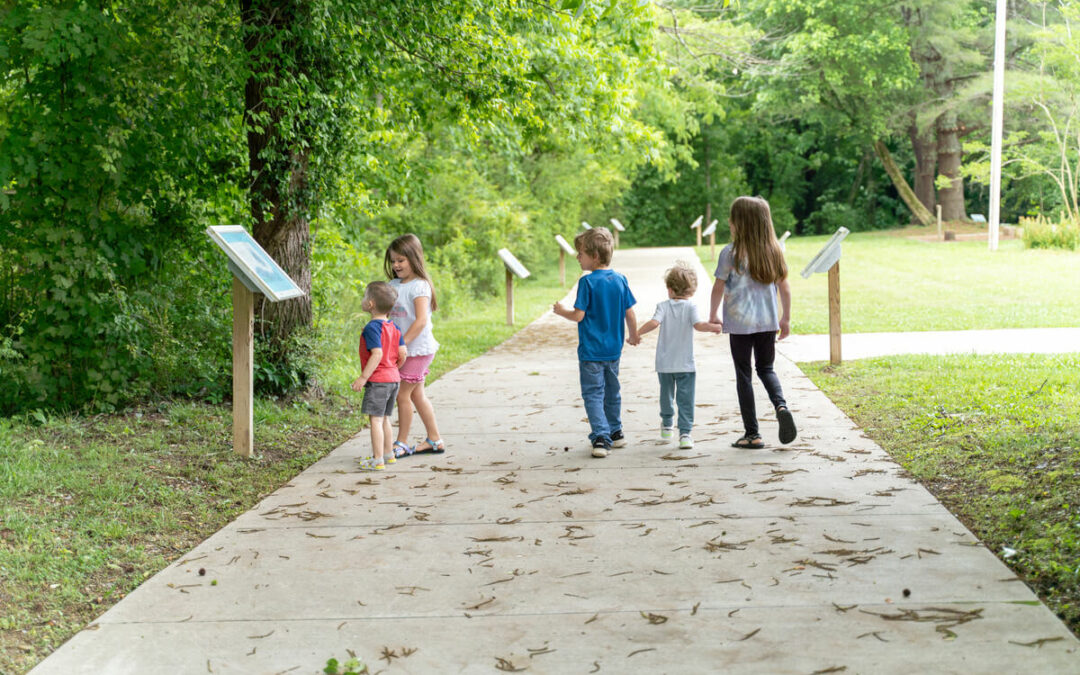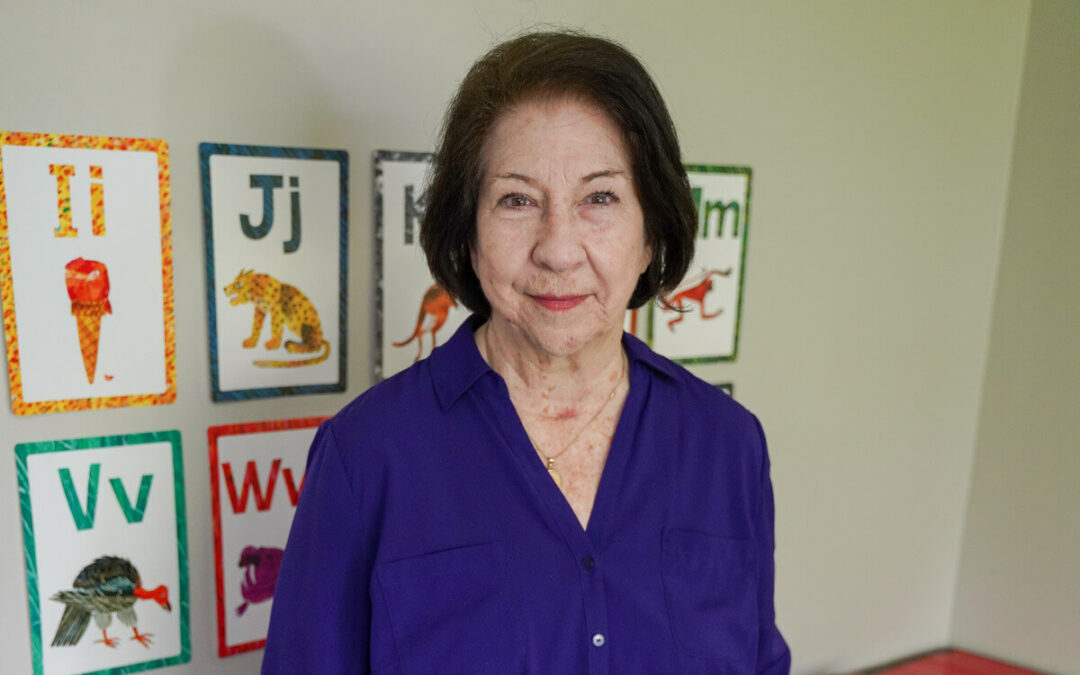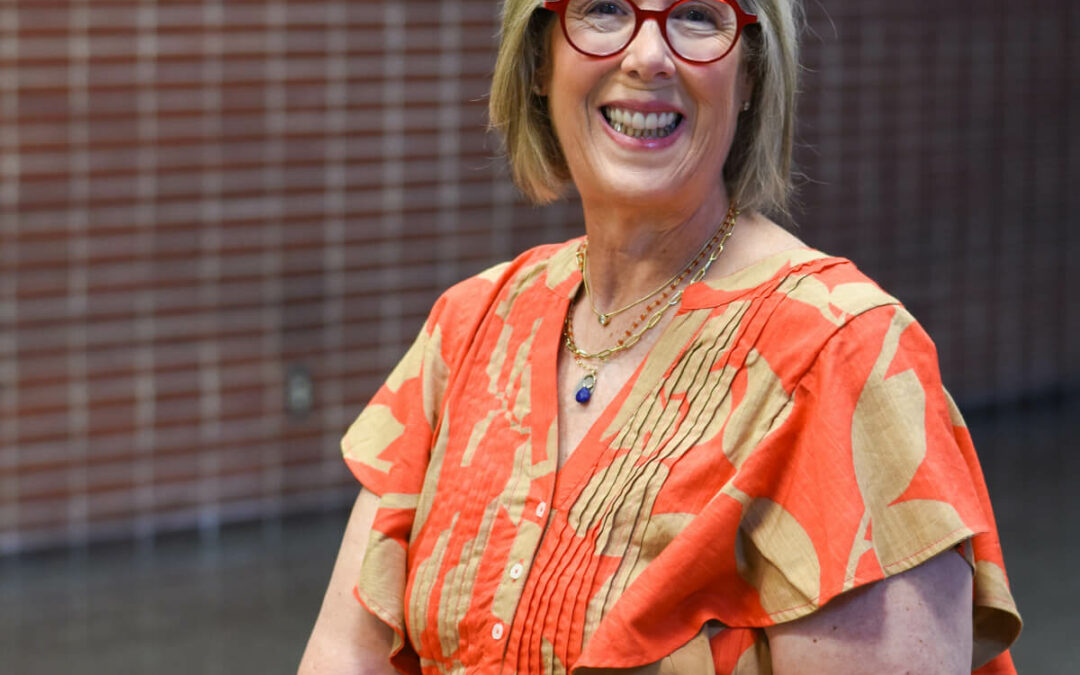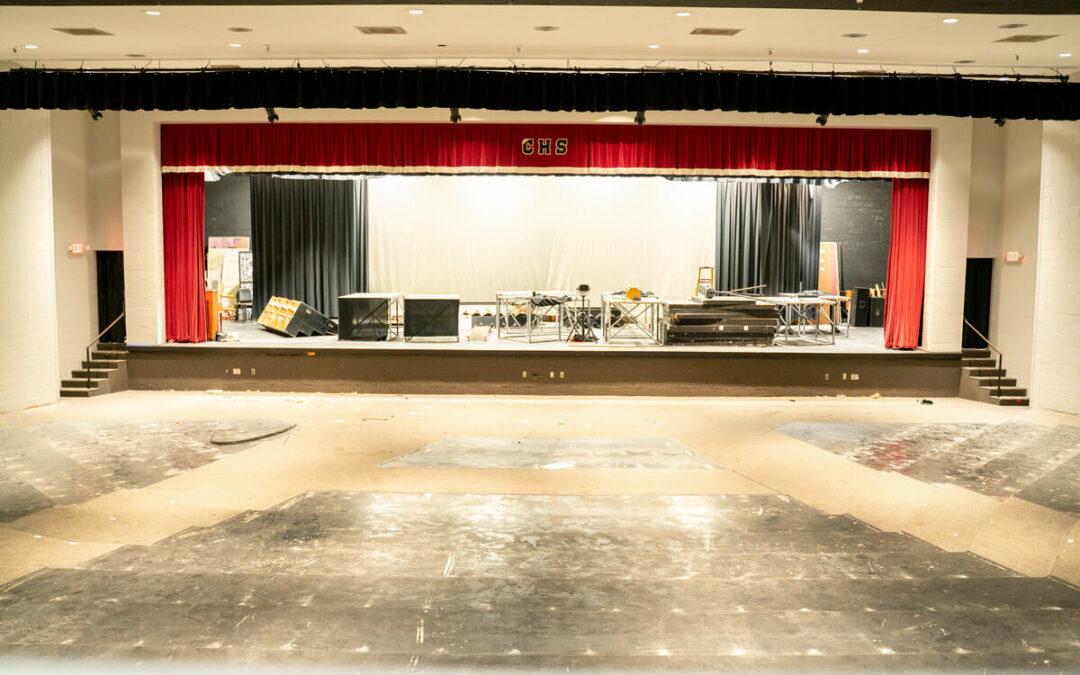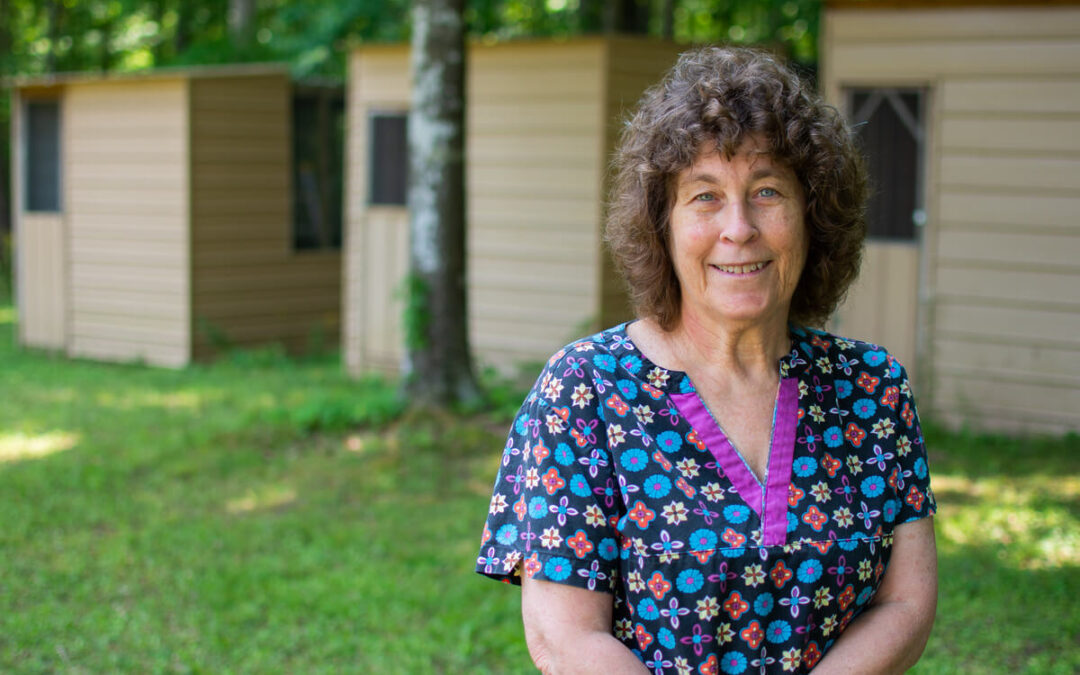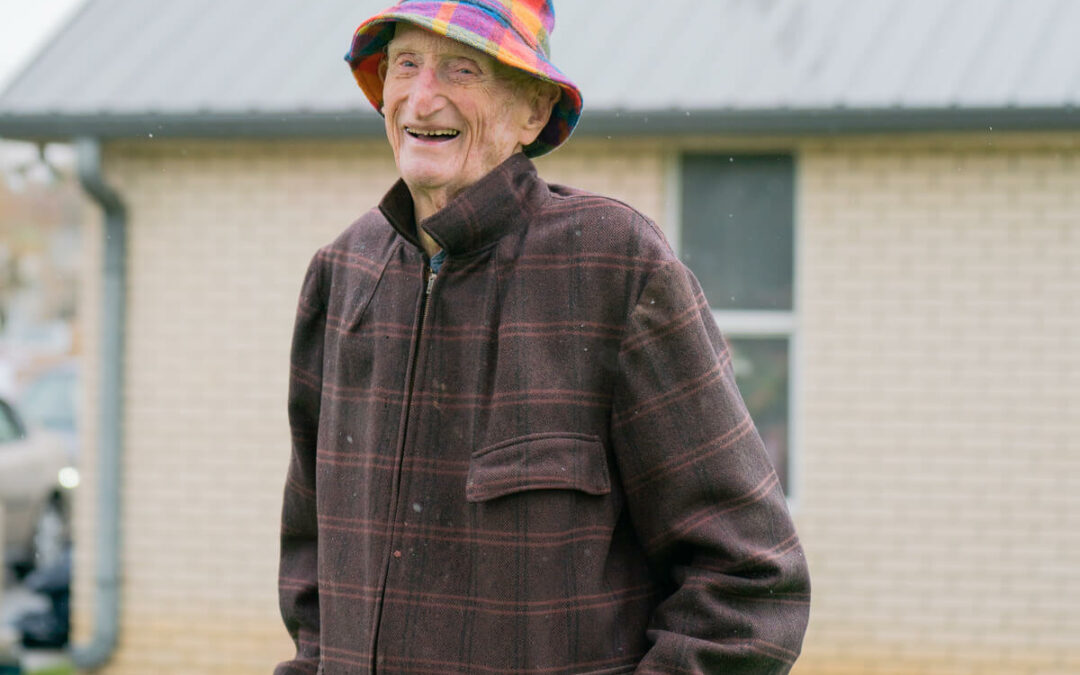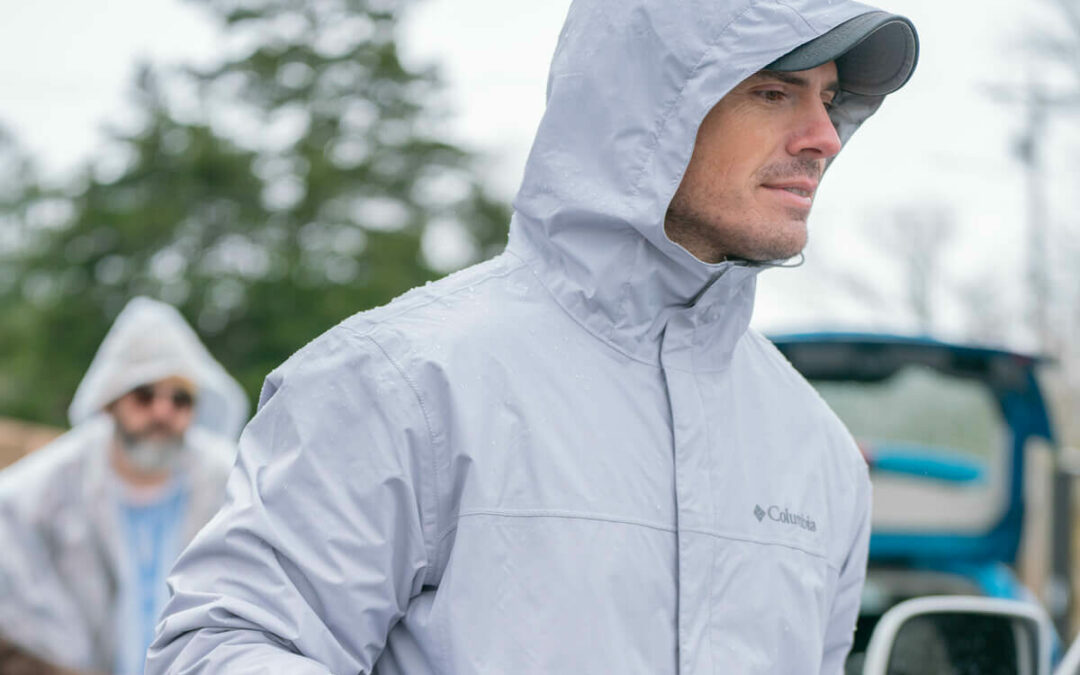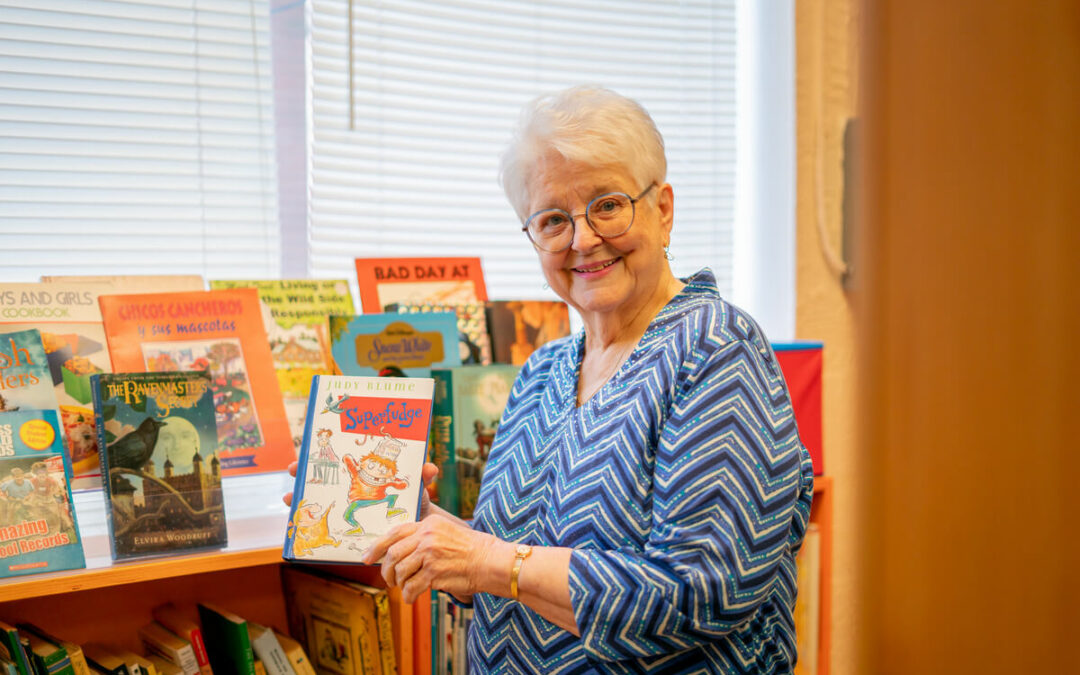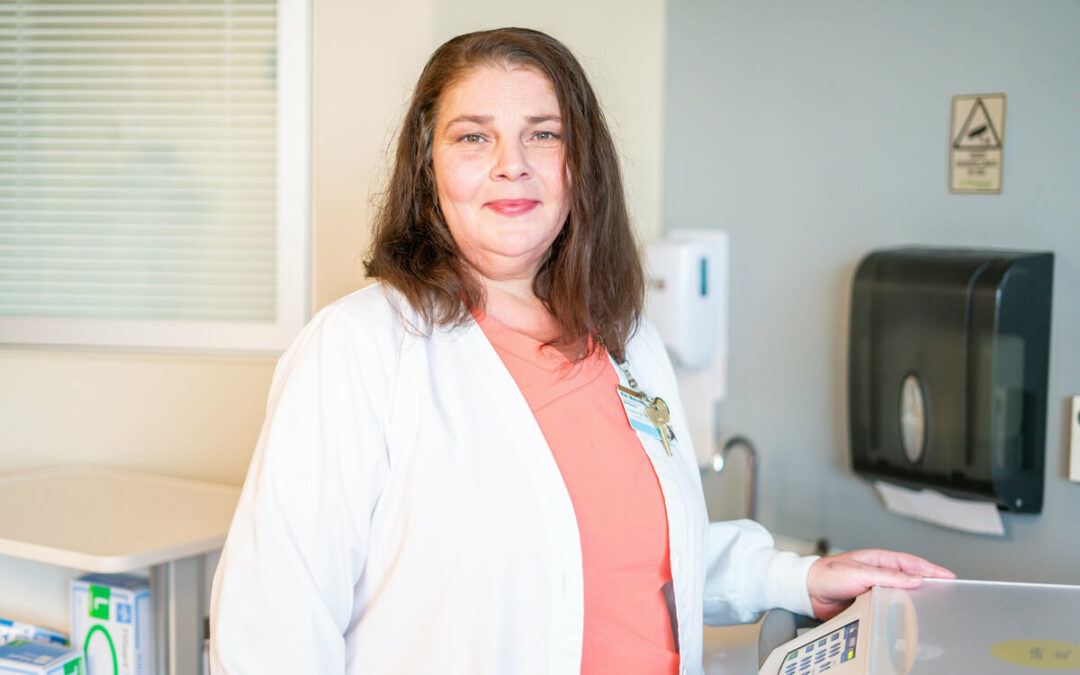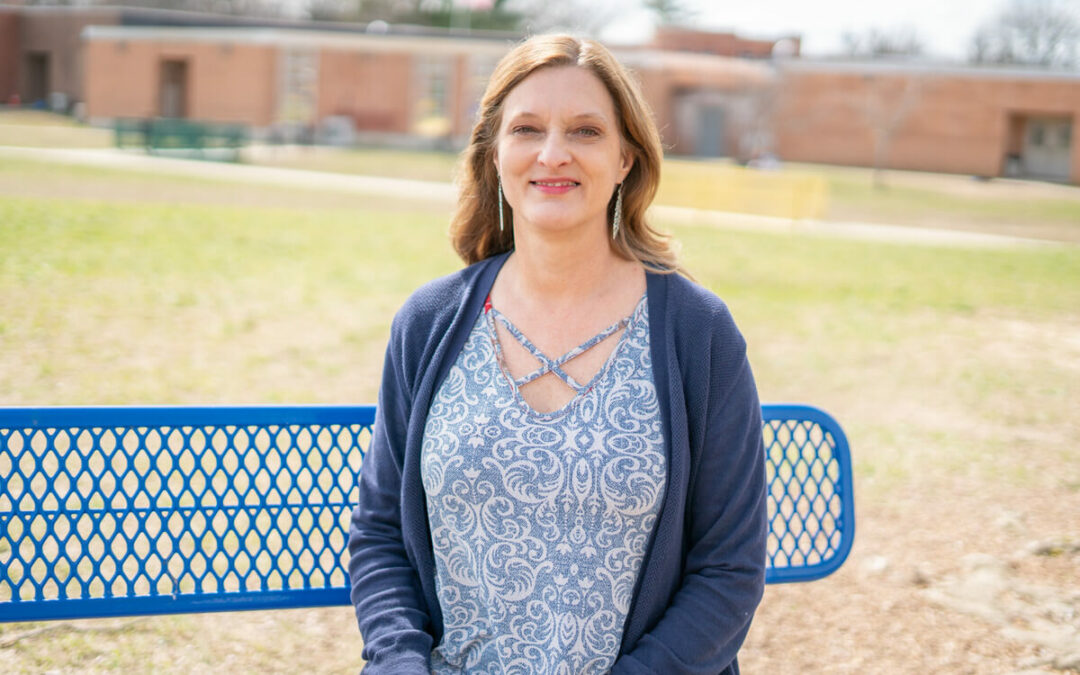Legal services Corporation, a nonprofit organization established by the United States Congress, published in 2022 that “low-income Americans do not get any or enough legal help for 92% of their substantial civil legal problems.”
They went on to say that “Three in four (74%) low-income households experienced [one or more] civil legal problems in the past year.”
Middle Tennessee, and Tullahoma specifically, is unfortunately not immune to the reality of these statistics. Our neighbors and fellow citizens may experience the same challenges that can alter the lives of families for decades. Thankfully, people like Jessica Jernigan, Iska Hoole, and others at the Legal Aid Society office in Tullahoma are here to help in impactful ways. Legal Aid Society provides civil legal assistance to Middle Tennessee. But it’s not just Tullahoma or even just Coffee County; the office covers seven counties: Bedford, Coffee, Franklin, Grundy, Lincoln, Moore, and Warren. Legal Aid Society handles care inhousing, immigration, employment, and more.
“The most rewarding part of the job is working with our clients and really seeing how lives can be transformed,” Hoole said. She is the managing attorney for the Tullahoma office. She works with clients in the areas of health, benefits, employment, immigration, and more. Hoole believes the team at Tullahoma works well together and is collaborative in efforts to make lives better.

Some may think that because the services are free through a nonprofit, they may be less than what a private attorney would offer. This misconception can discourage people who need assistance from reaching out. In reality, the services are quality and life-changing.
“I think people hear free legal services, and they think, ‘Oh, well, maybe I’ll get some advice, but they’re really not going to do much for me.’ But the opposite is really true… They may not realize that when you come to Legal Aid, you will get everything that you would get with a private attorney. You’re just getting it for free.”
Jernigan, an advocate in the Tullahoma office, joined Legal Aid Society in 2002. She explained that if they can not provide legal representation in a courtroom, they can still provide the most powerful tool: education.
“I’ve always believed that knowledge is power… If we can’t help somebody, we can at least give them information,” Jernigan said. “And that information gives them the power because so many times when you’re victimized or you’re taken advantage of, your powers are taken away. And by getting that information… even if we can’t represent them in court, we can give them some piece of information that gives them some power back.”

Jernigan has worked with the Legal Aid Society for 20 years. Before her work with the team, she worked as a licensed social service worker with the Utah Division of Child and Family Services and with the Tennessee Department of Children’s Services.
“So I think seeing people who are disproportionately disadvantaged get some of their power back is the greatest thing that you can do,” she said.
Some citizens not familiar with legal disputes may not be aware of the impact they can have on a family, especially a family without expendable capital ready. “It’s not about charity. It’s not about a handout. It’s not about having people get something for free. It’s about assisting. We partner with people to help them navigate through a really complex legal problem,” Jernigan said. “… That can be the difference between homelessness and not. Most of us are just a few paychecks away from being in a bad situation.”
With the help of Jernigan, Hoole, and the Legal Aid Society in Tullahoma, those who would often have nowhere else to turn to have a place to go. Their civil legal issues don’t have to be life-altering.
The Tullahoma office works to provide direct representation, community education, and self-advocacy tools to ensure the vulnerable citizens of Tullahoma have a voice. GN


